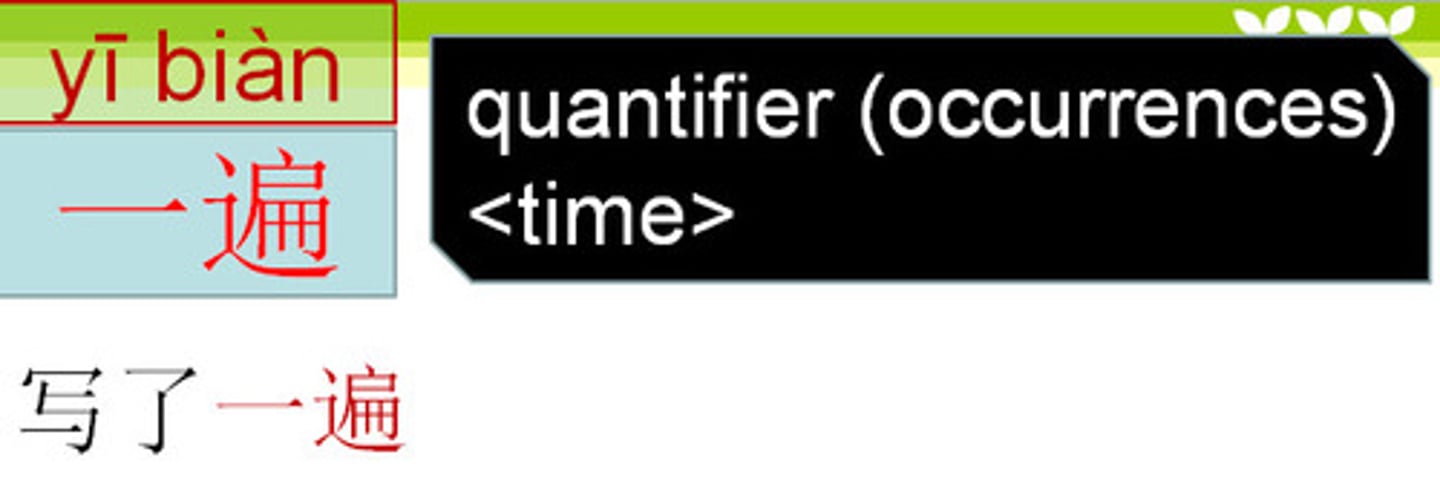combined set: 1-9 (Characters)
1/120
There's no tags or description
Looks like no tags are added yet.
Name | Mastery | Learn | Test | Matching | Spaced |
|---|
No study sessions yet.
121 Terms
谁
shéi, shuí (who)
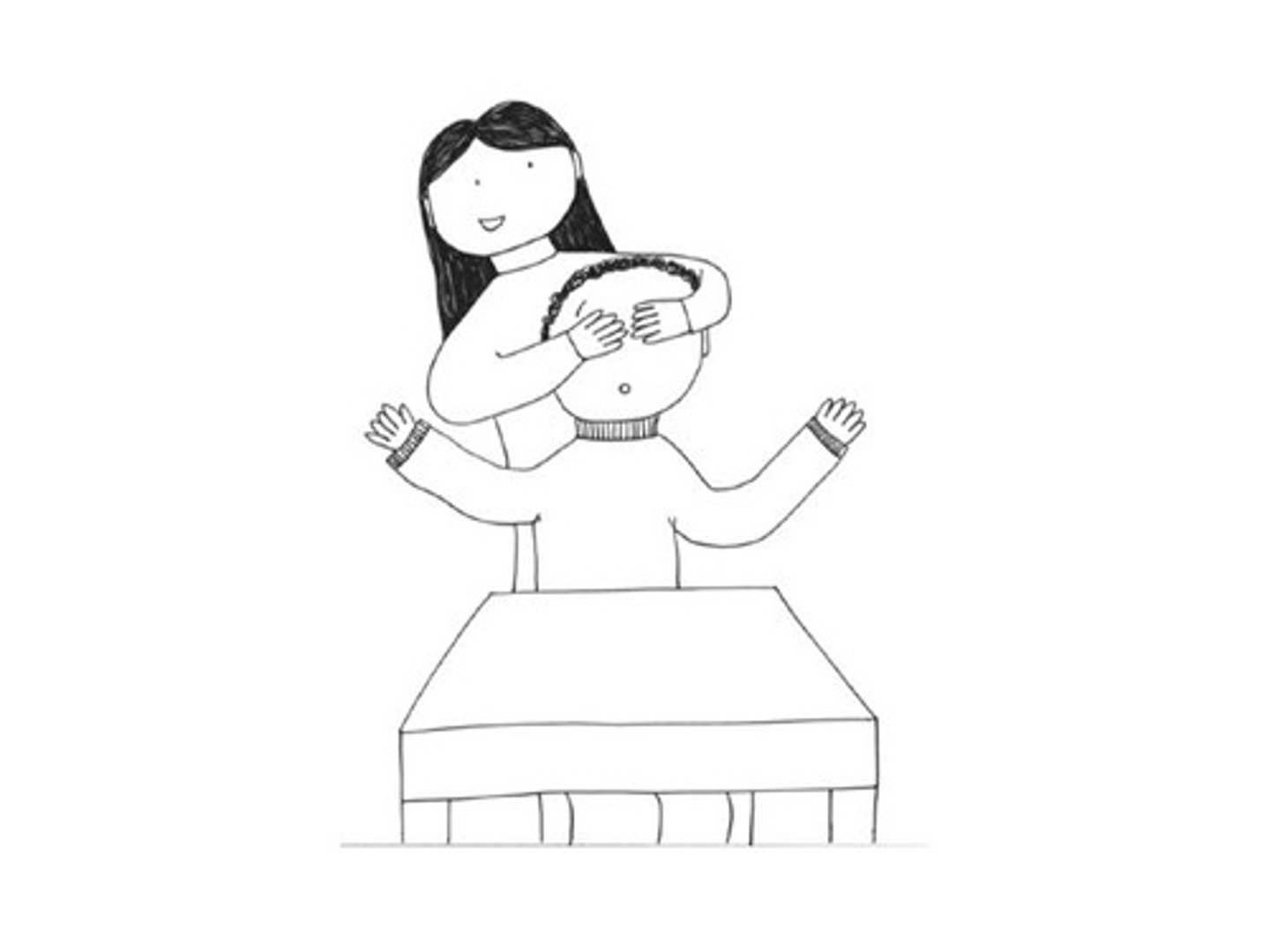
的
de (a particular)
书
shū (book)

汉语
Hànyǔ (Chinese language - Han dialect)

学习
xuéxí (to study)
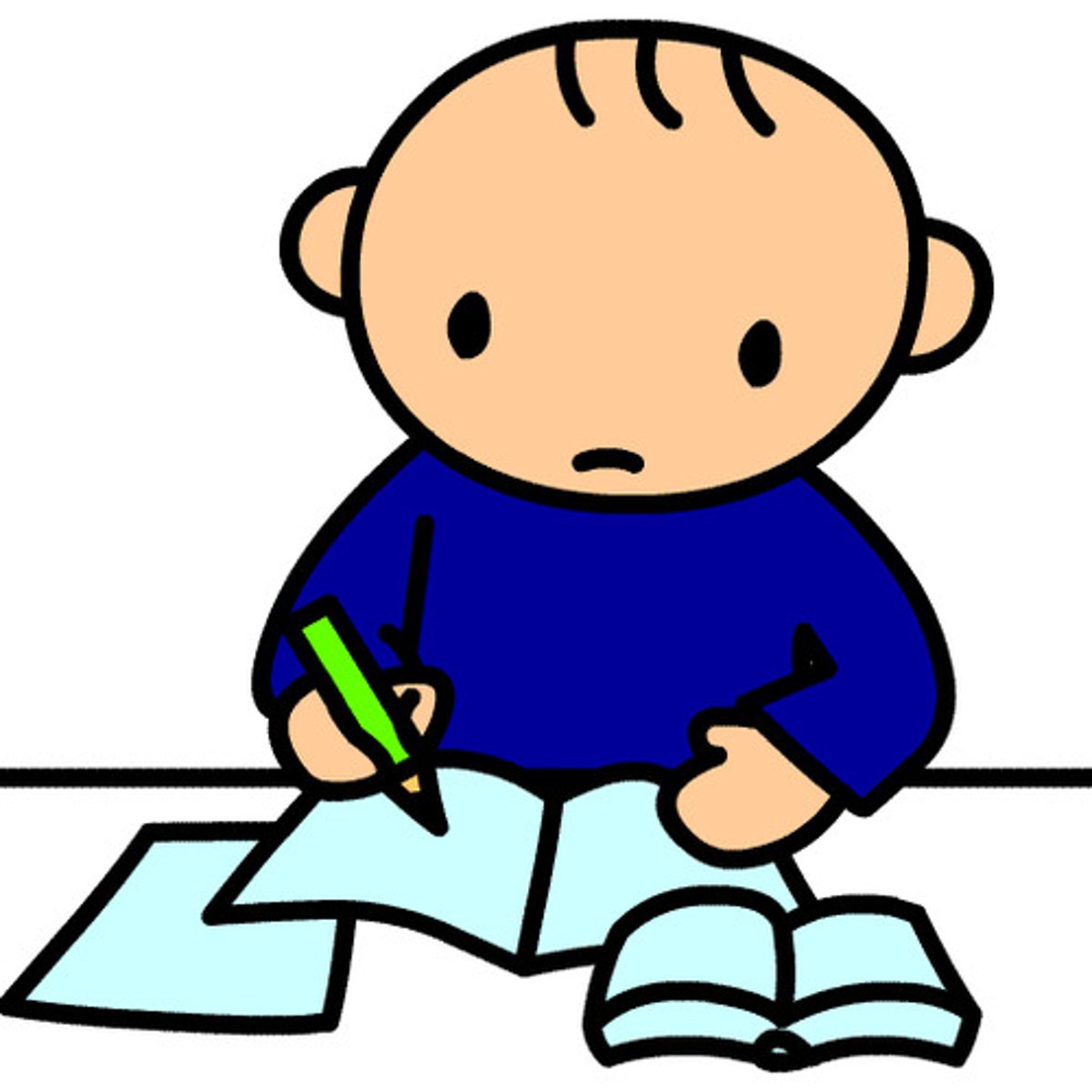
大学
dàxué (university)

老师
lǎoshī (teacher, professor)

哪国
nǎguó (which country?)
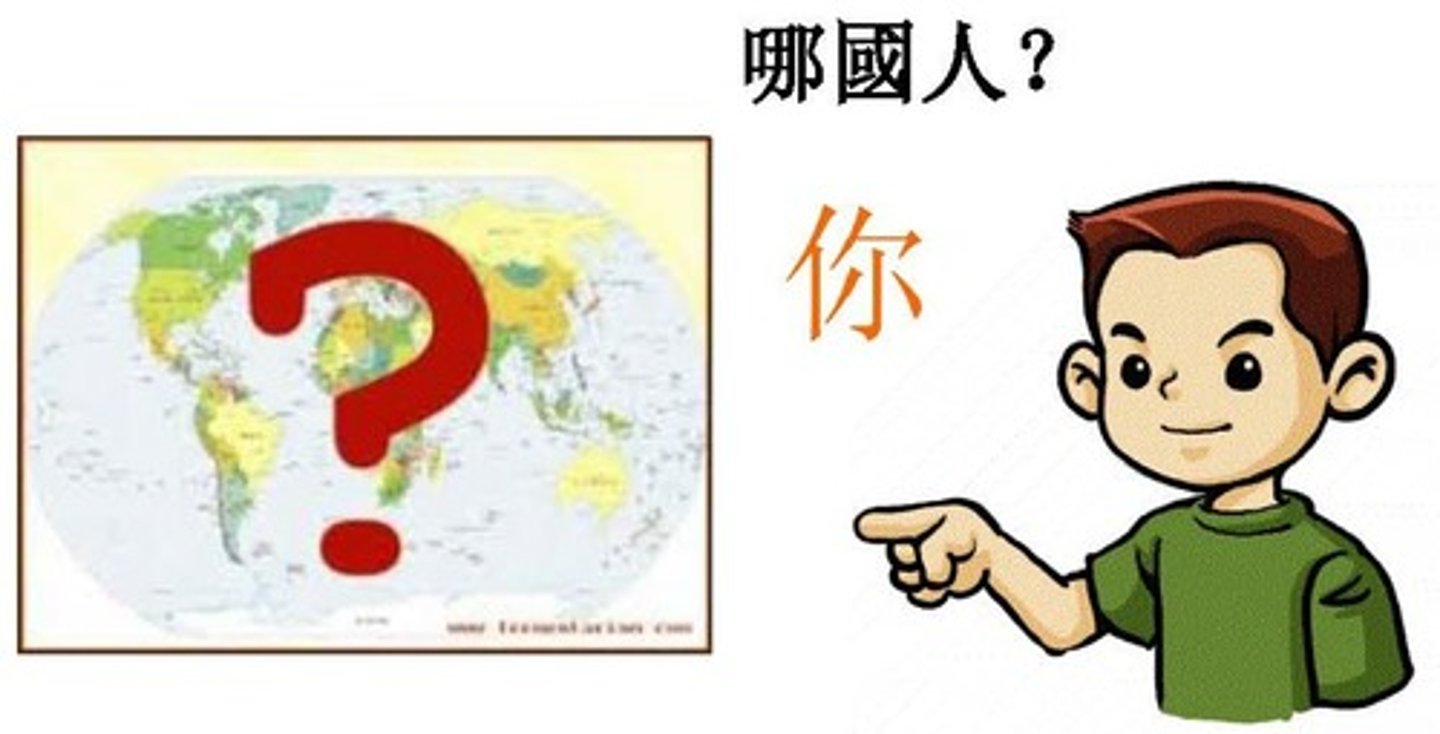
和
hé (and)
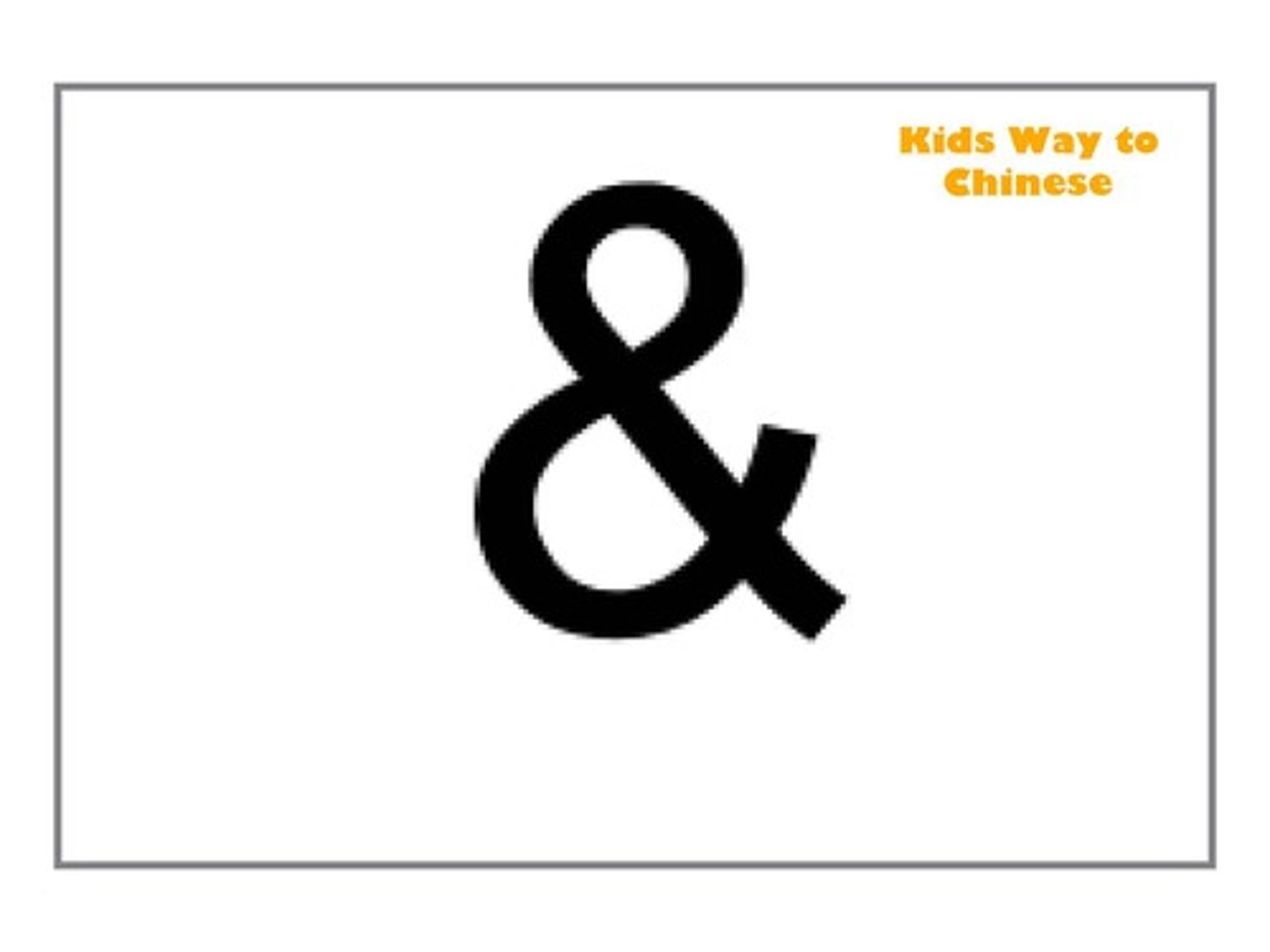
出生
chūshēng (to be born )
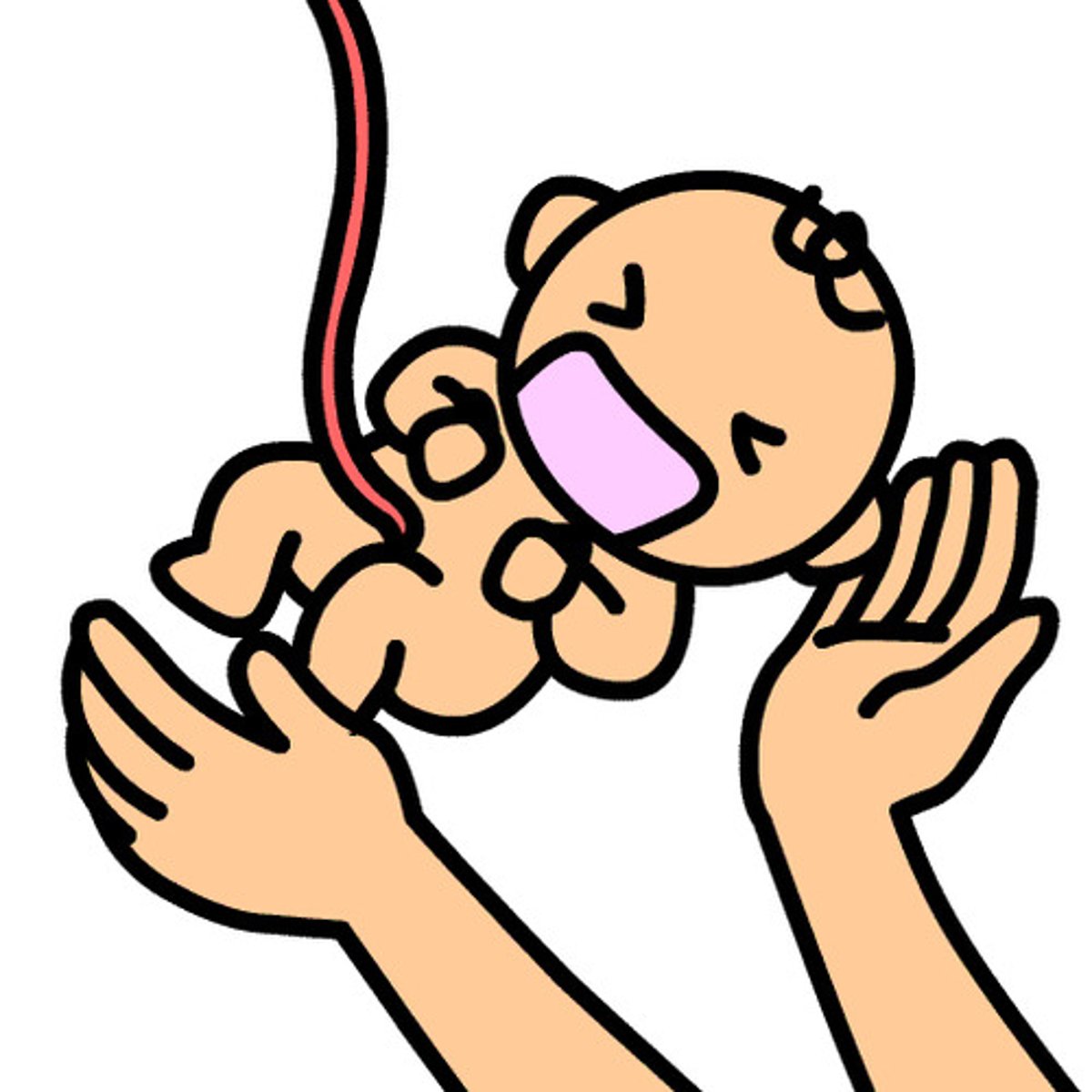
会
huì (to know how to)

爸爸
bàba (father )

他们
tāmen (they, them )
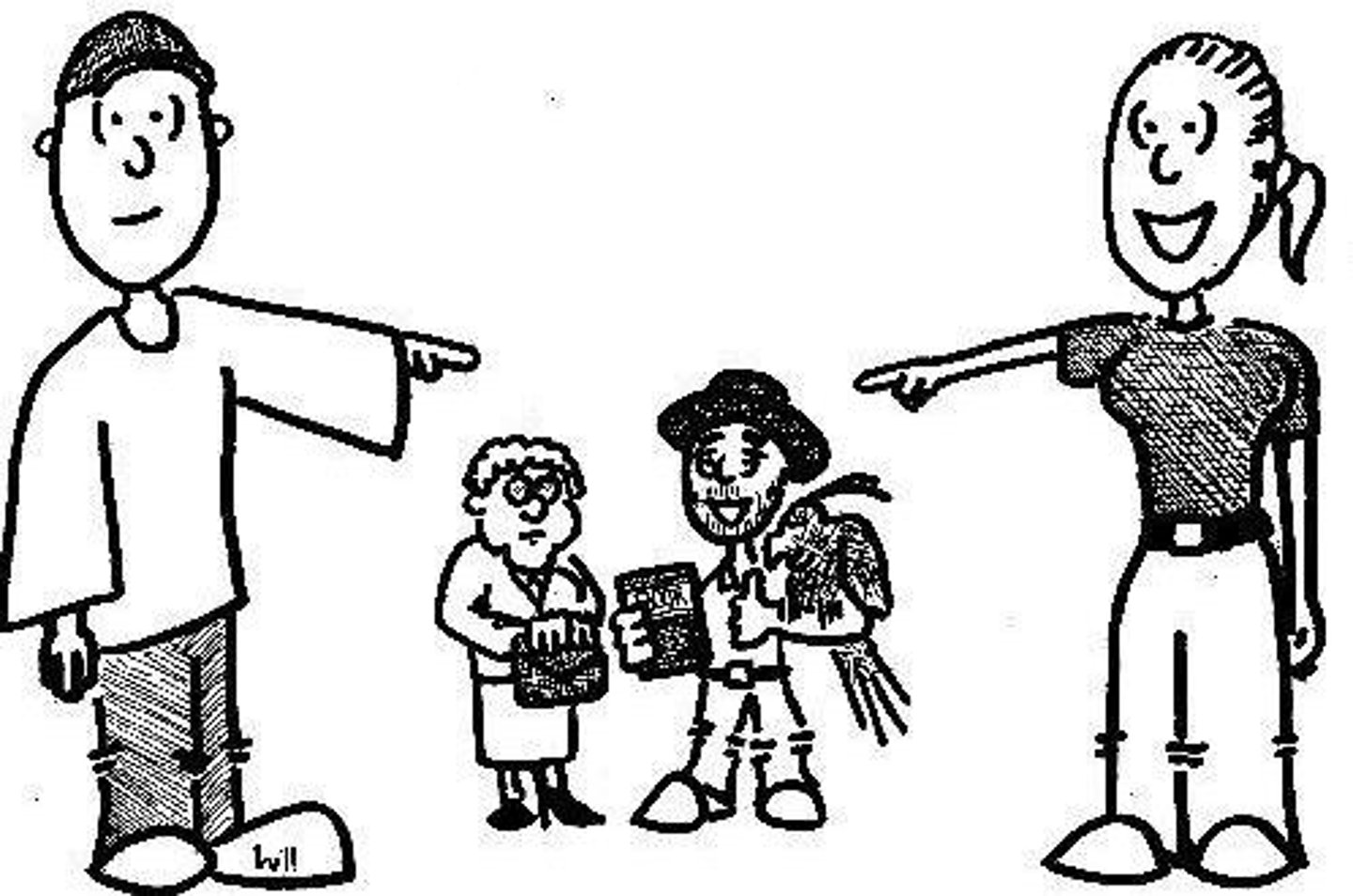
谢谢
xièxie (thank you )

忙
máng (busy )

呢
ne (a particle )

妈妈
māma (mother )

都
dōu (all, both )

不
bù (no, not )

不谢
búxiè (no need to thank me, you are welcome )

他
tā (he, him )
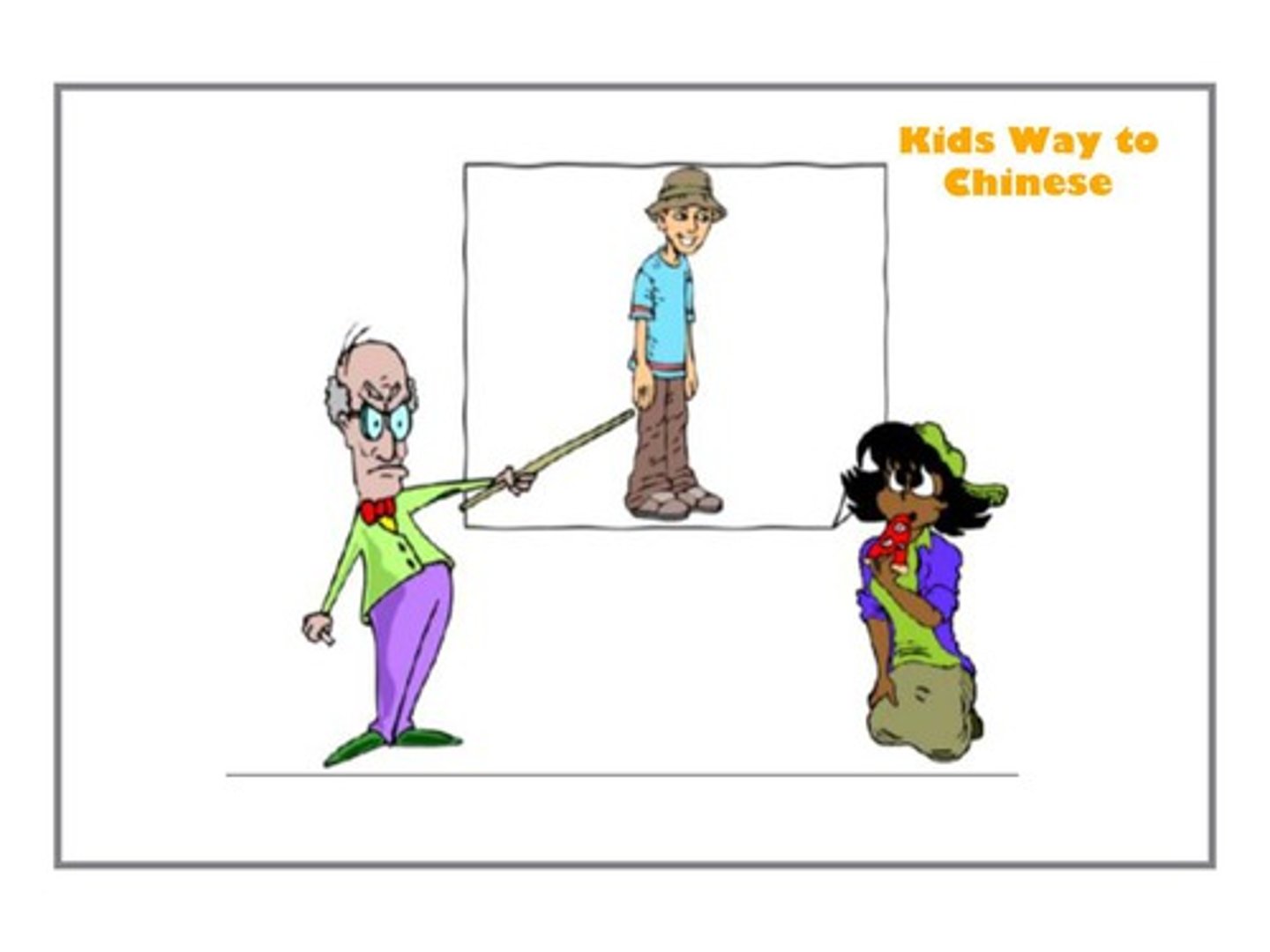
她
tā (she, her )
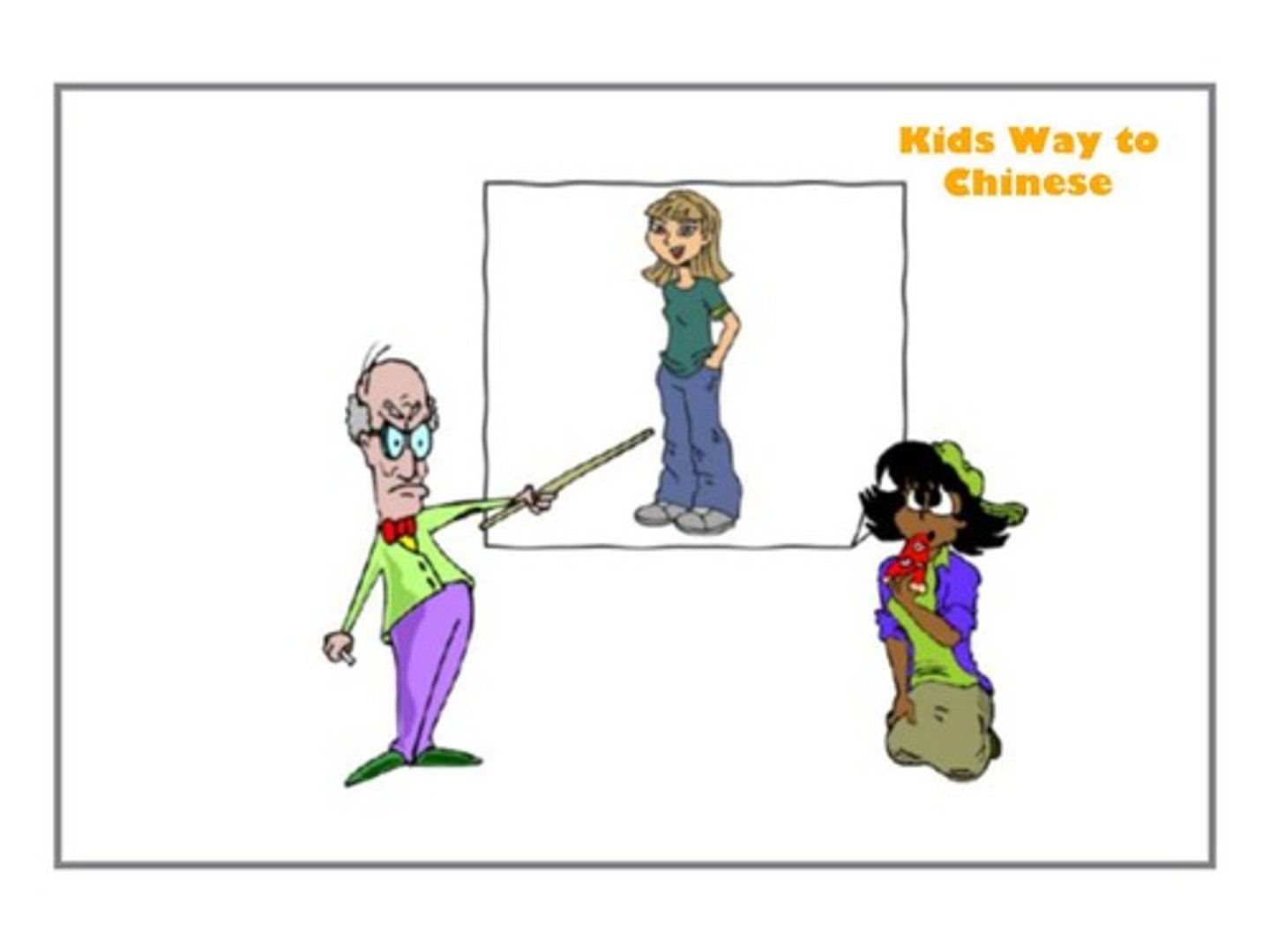
家人
jiārén (family members )

还
hái (still, moreover )

你
nǐ (you)

好
hǎo (good, well, fine)

吗
ma (interrogative pronoun)

我
wǒ (I, me)

是
shì (is, am, are, to)
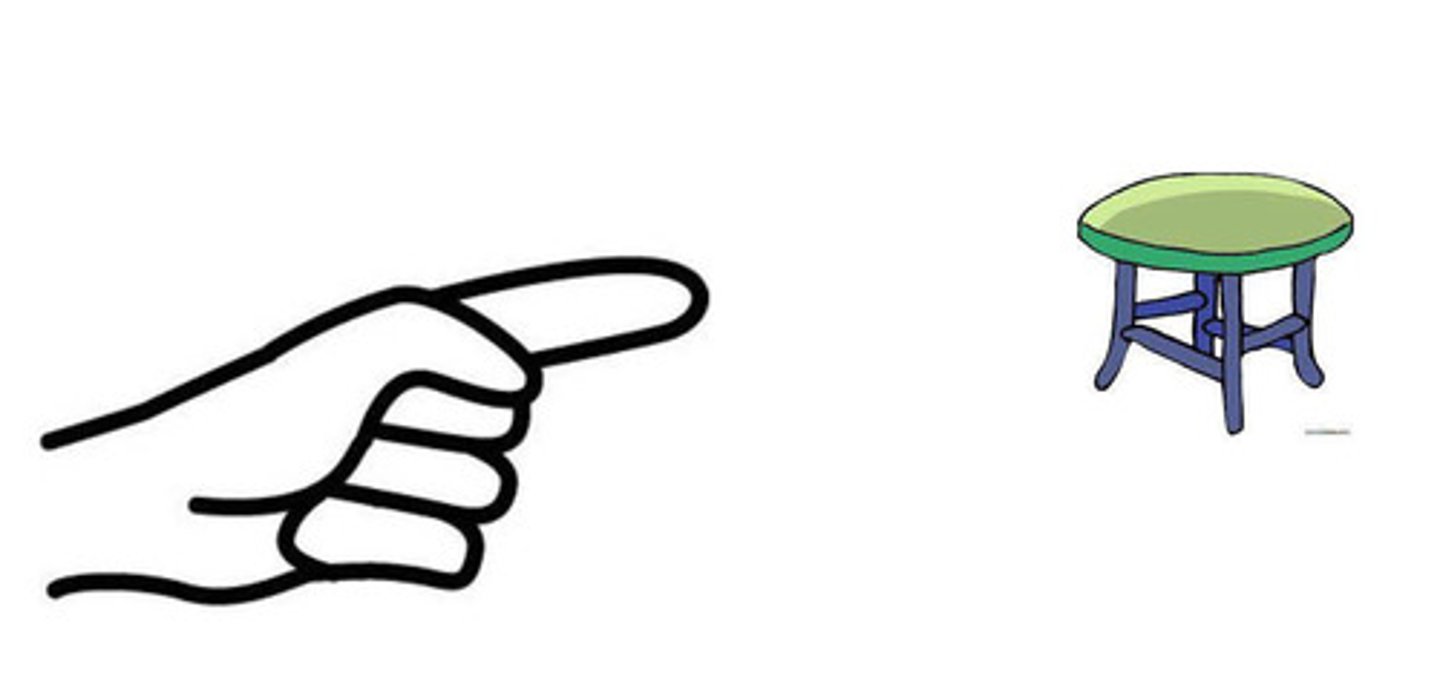
人
rén (person, people )

也
yě (also )

学生
xuésheng (students)

很
hěn (very)

姐姐
jiějie (elder sister)
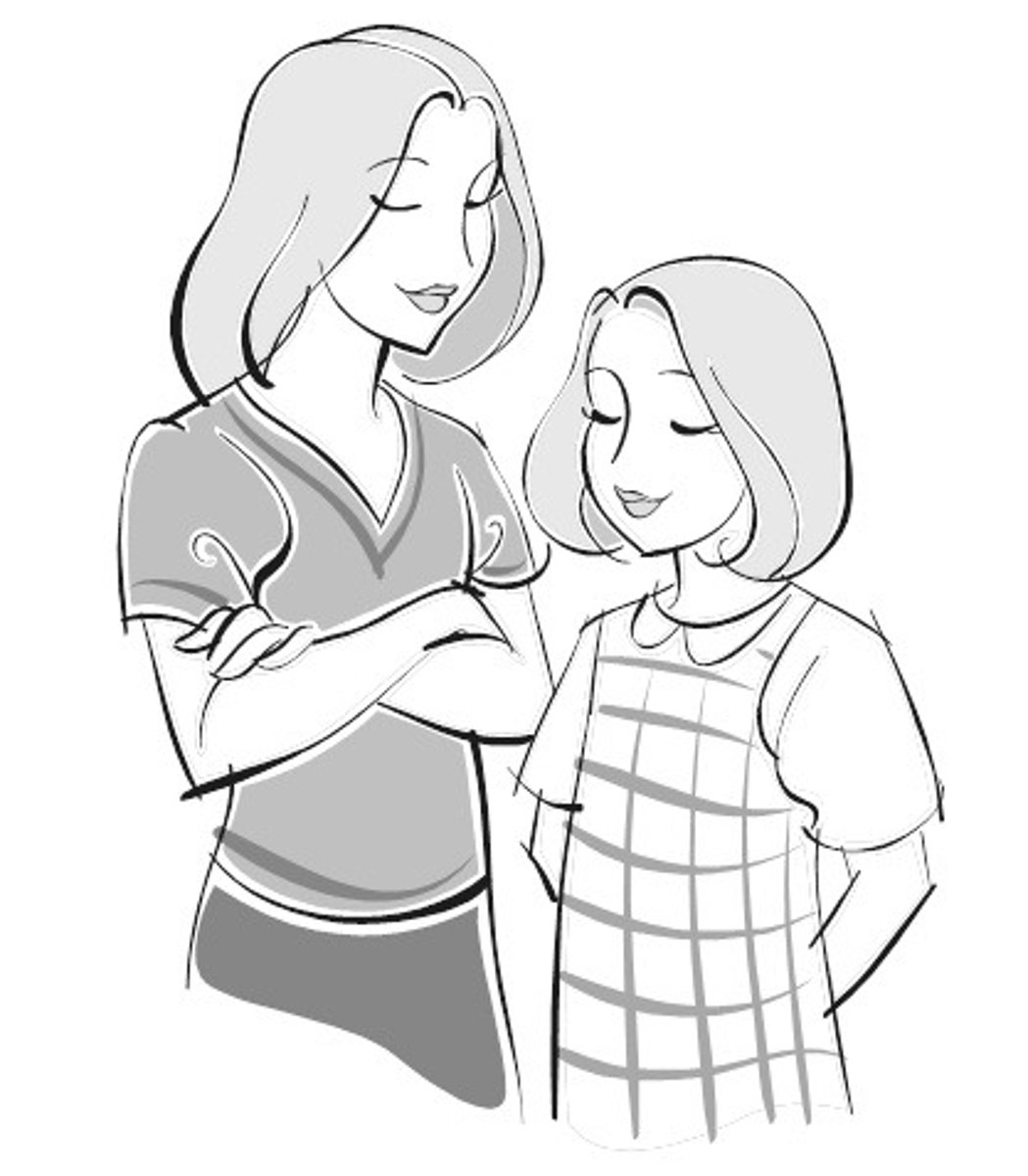
妹妹
mèimei (younger sister)
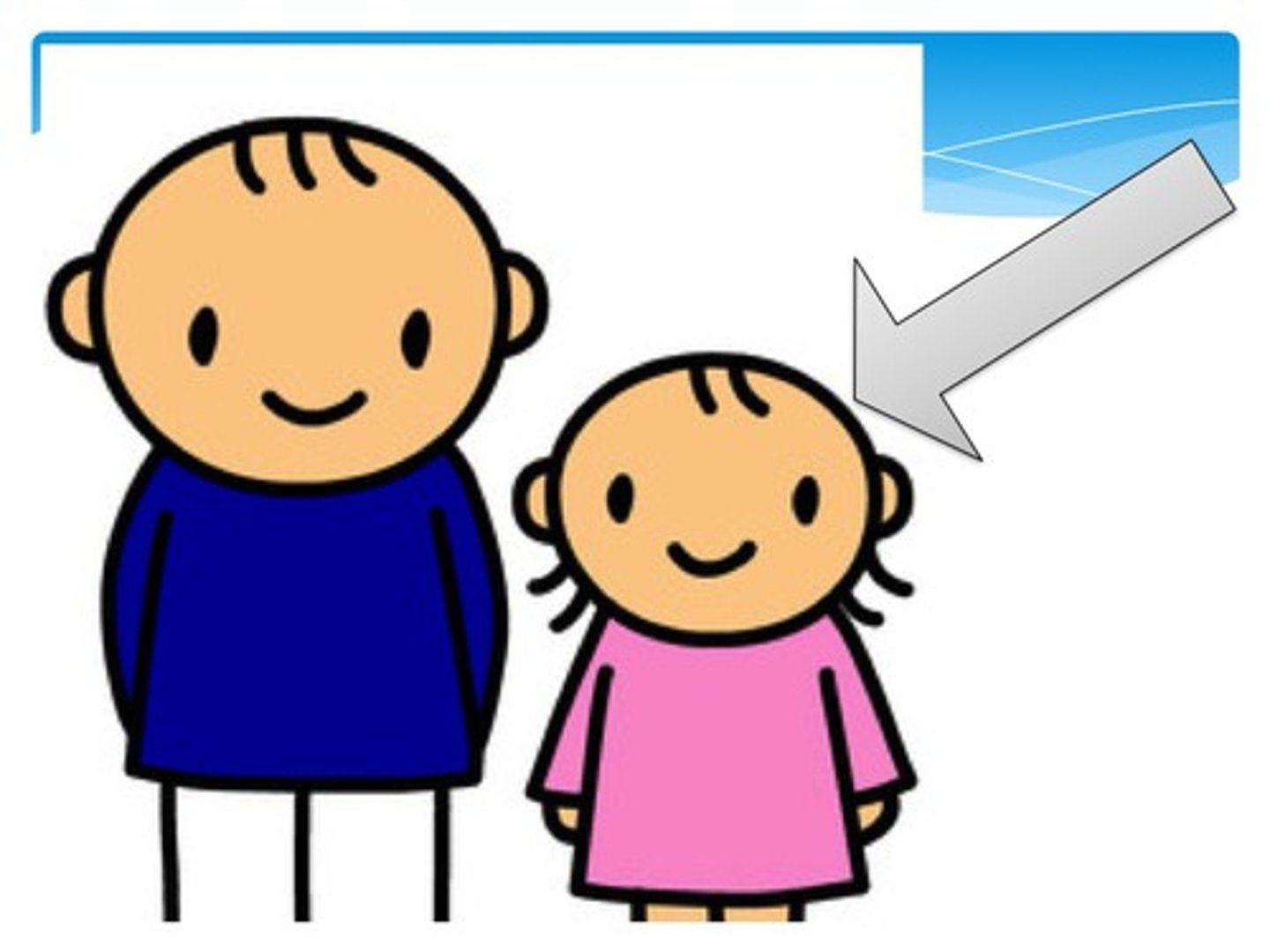
这
zhè (this)
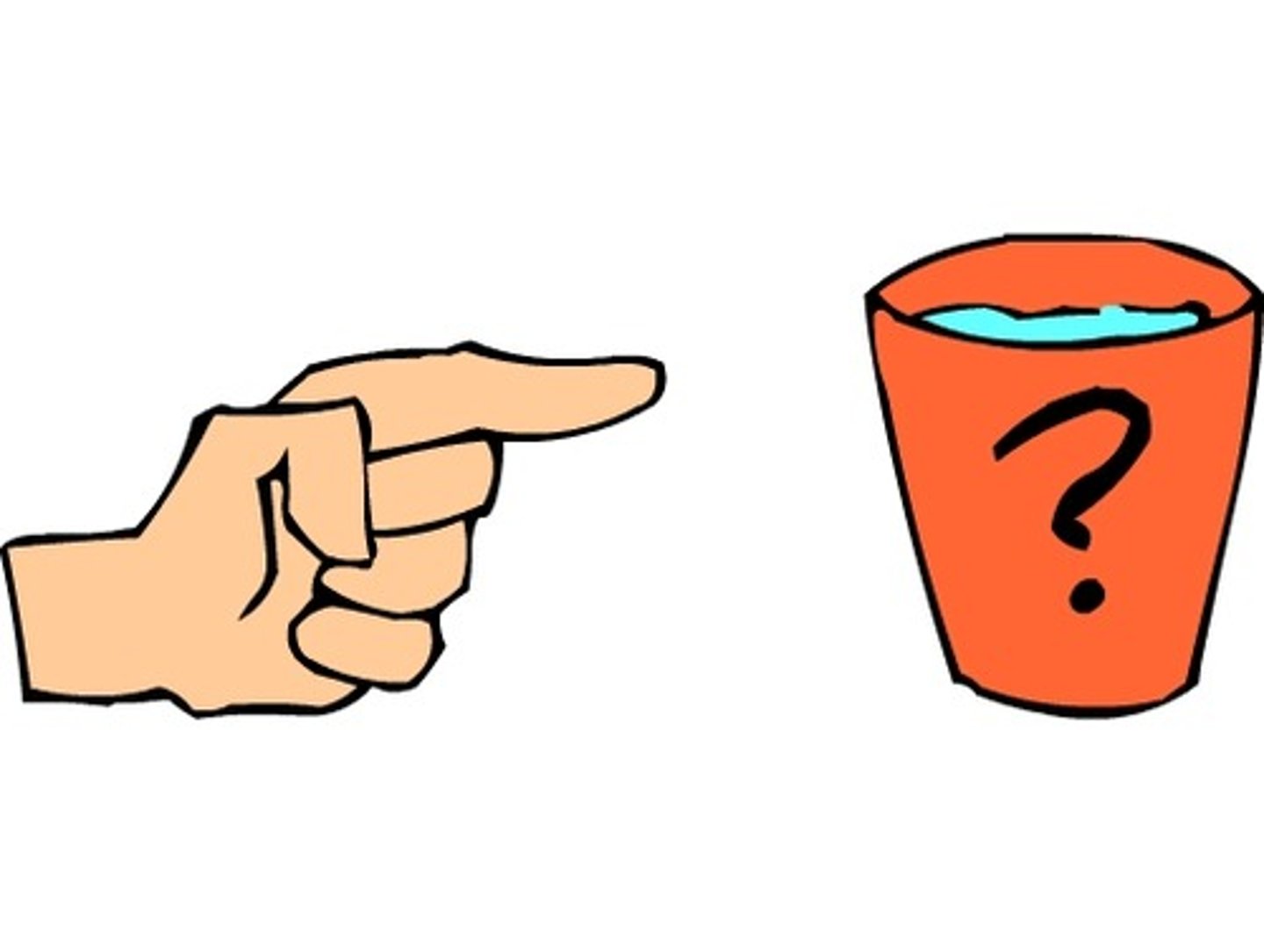
叫
jiào (to call, to be called)
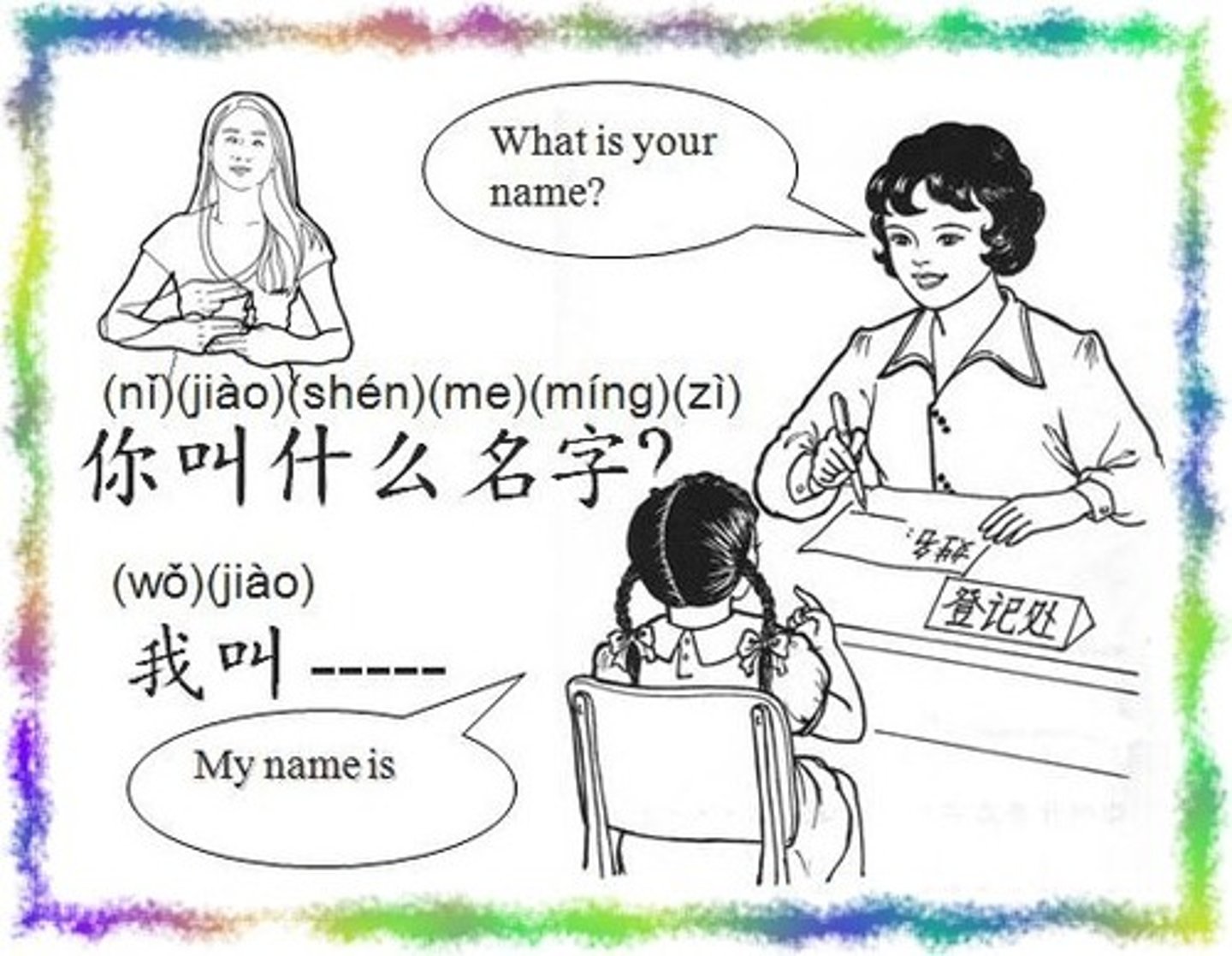
姓
xìng (to be surnamed)

朋友
péngyou (friend)

您
nín (you, honorific form)

贵姓
guìxìng (may I ask your honorable surname?)

还好
hái hǎo (not bad, quite good)

是你
shì nǐ (it's you!)
去
qù (to go)
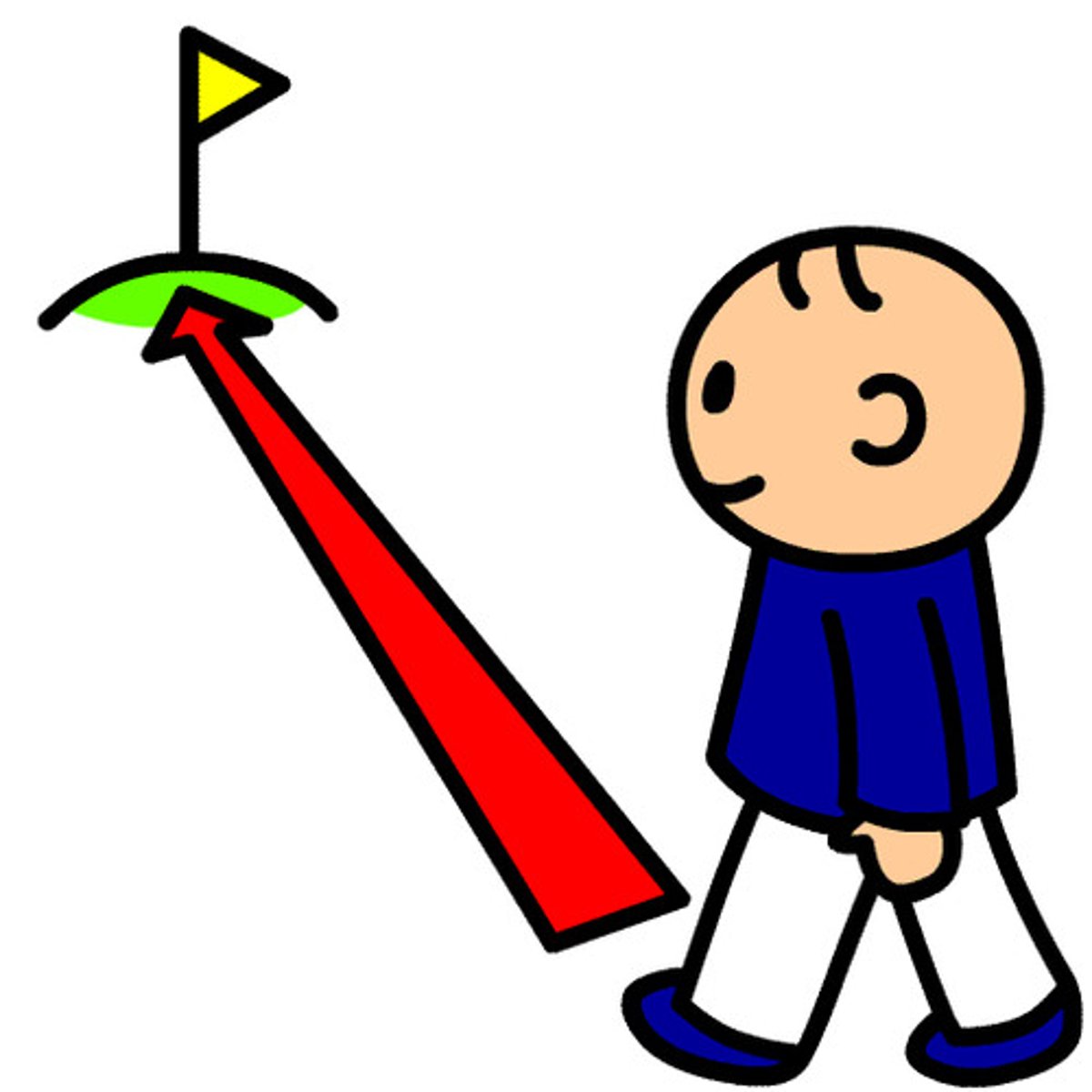
哪儿
nǎr (where)

图书馆
túshūguǎn (library)

省
shěng (province)
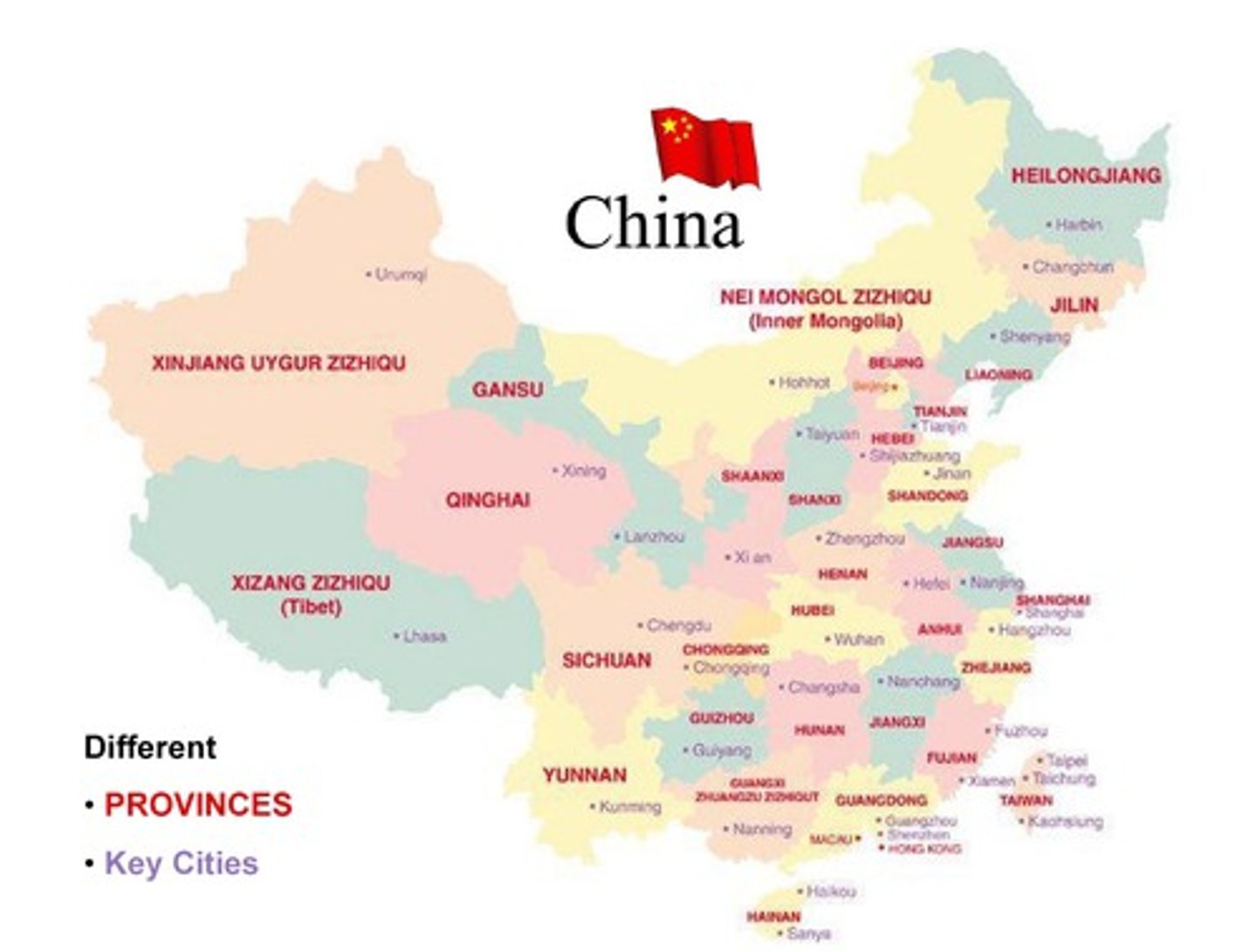
在
zài (to be at a place)
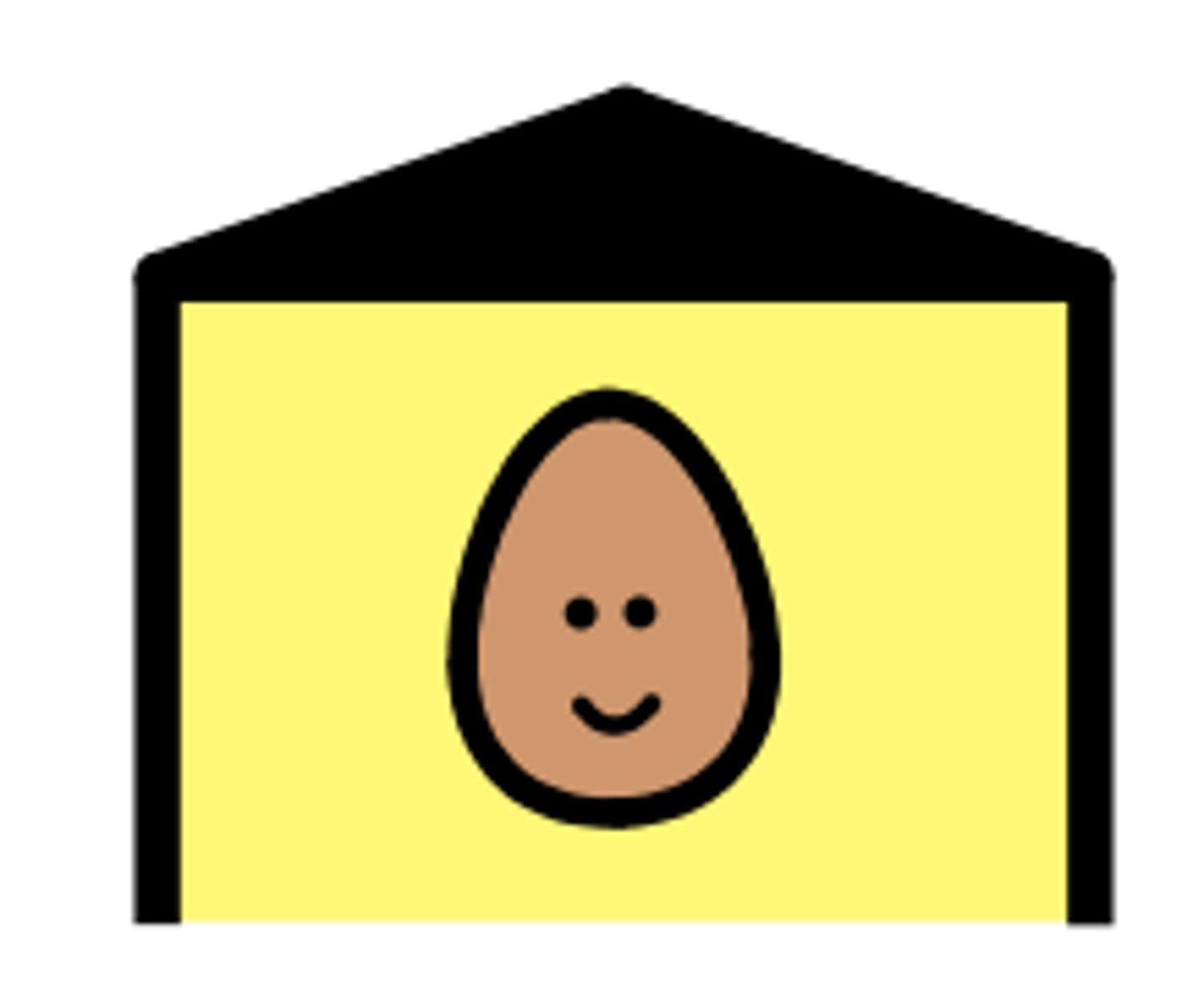
来
lái (come)
看
kàn (to see, to look, to watch, to read)

地图
dìtú (map)
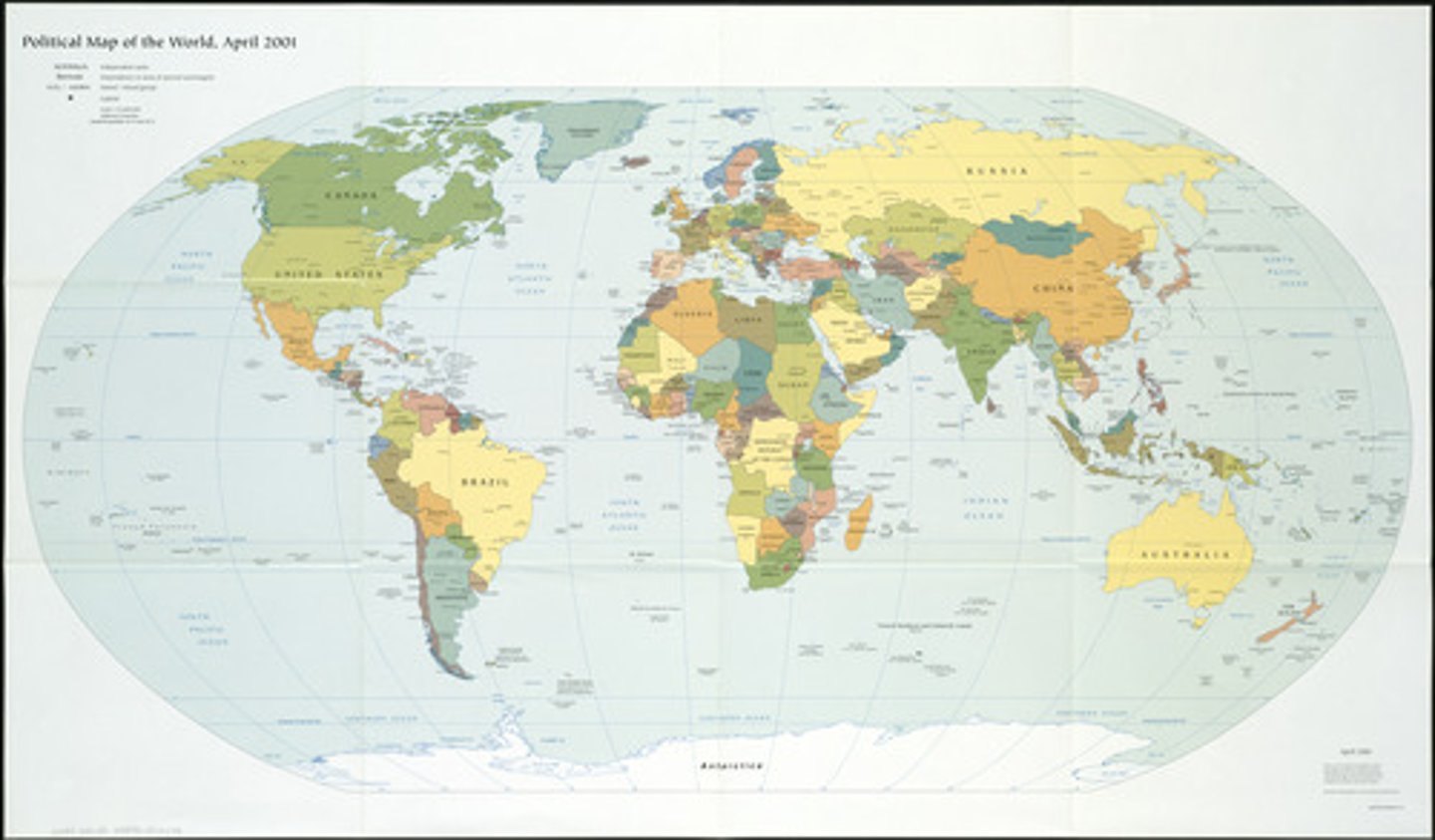
这儿
zhèr (this place, here)
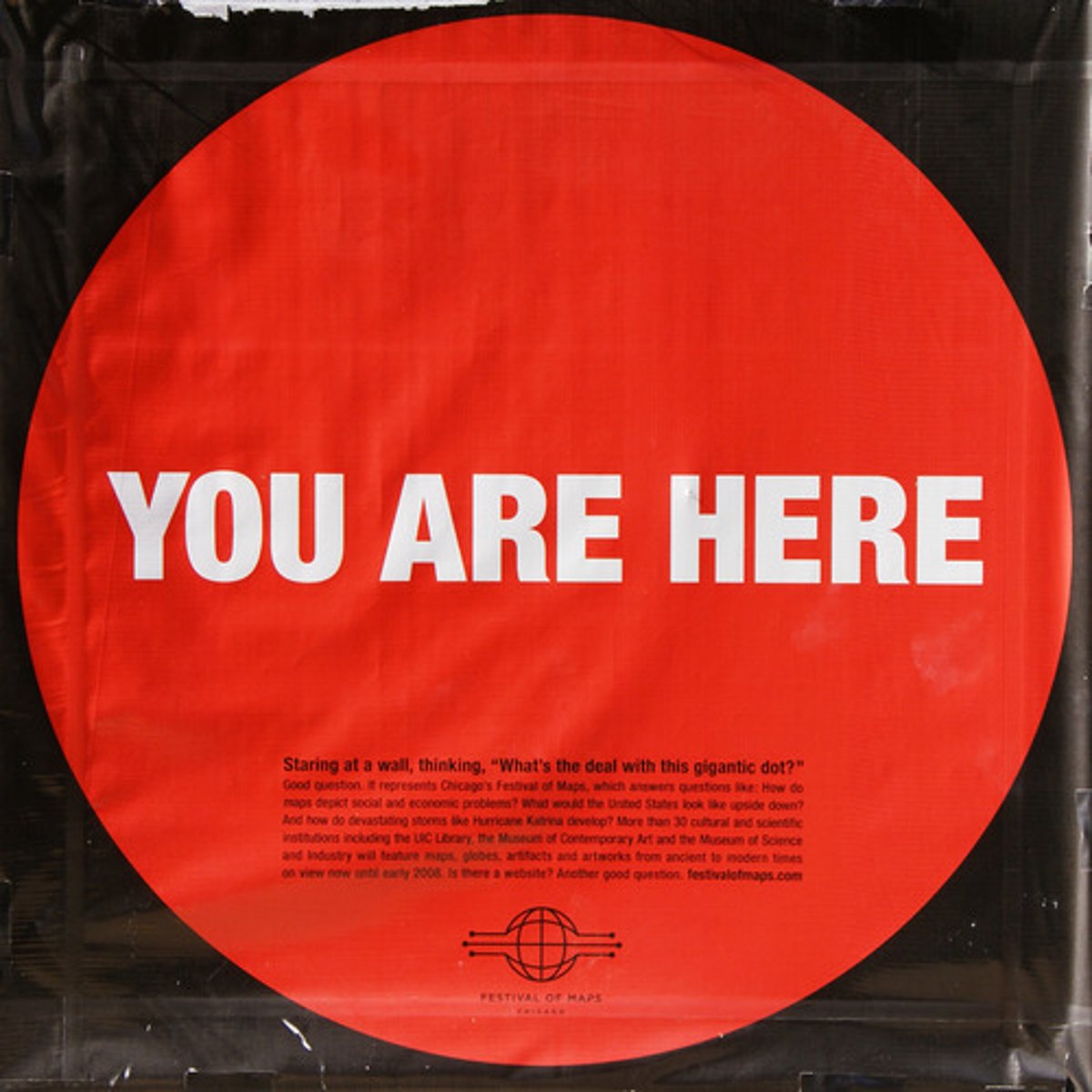
那
nà (that)
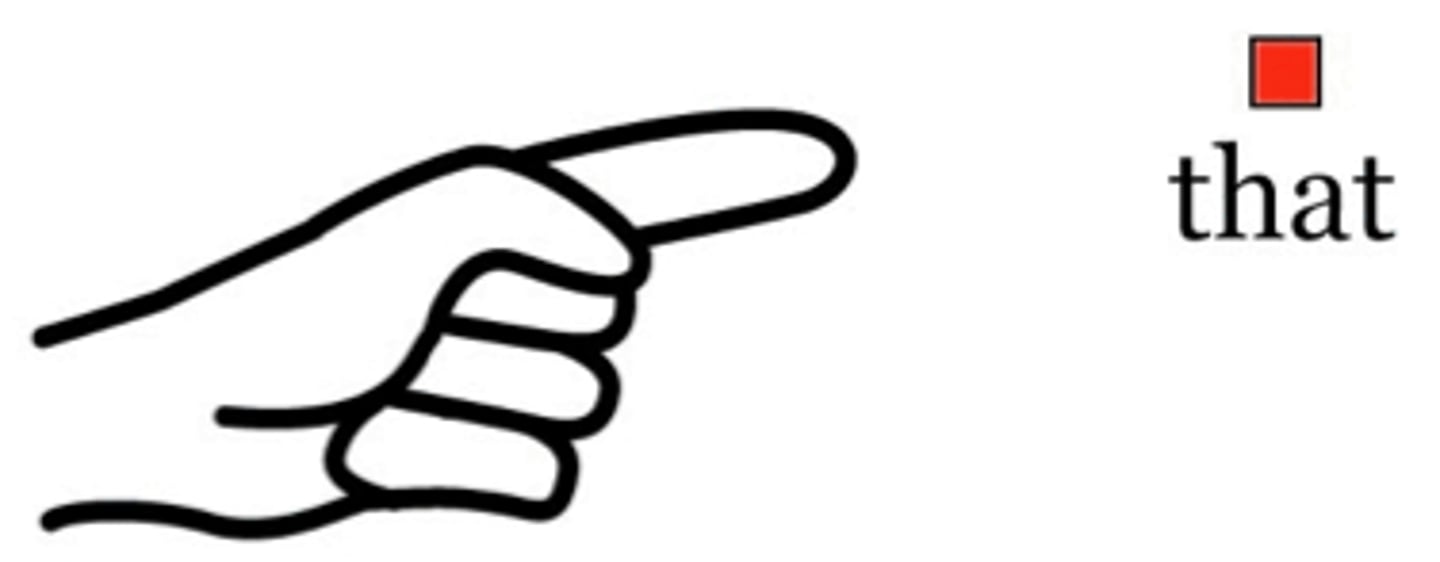
那儿
nàr (that place, over there)
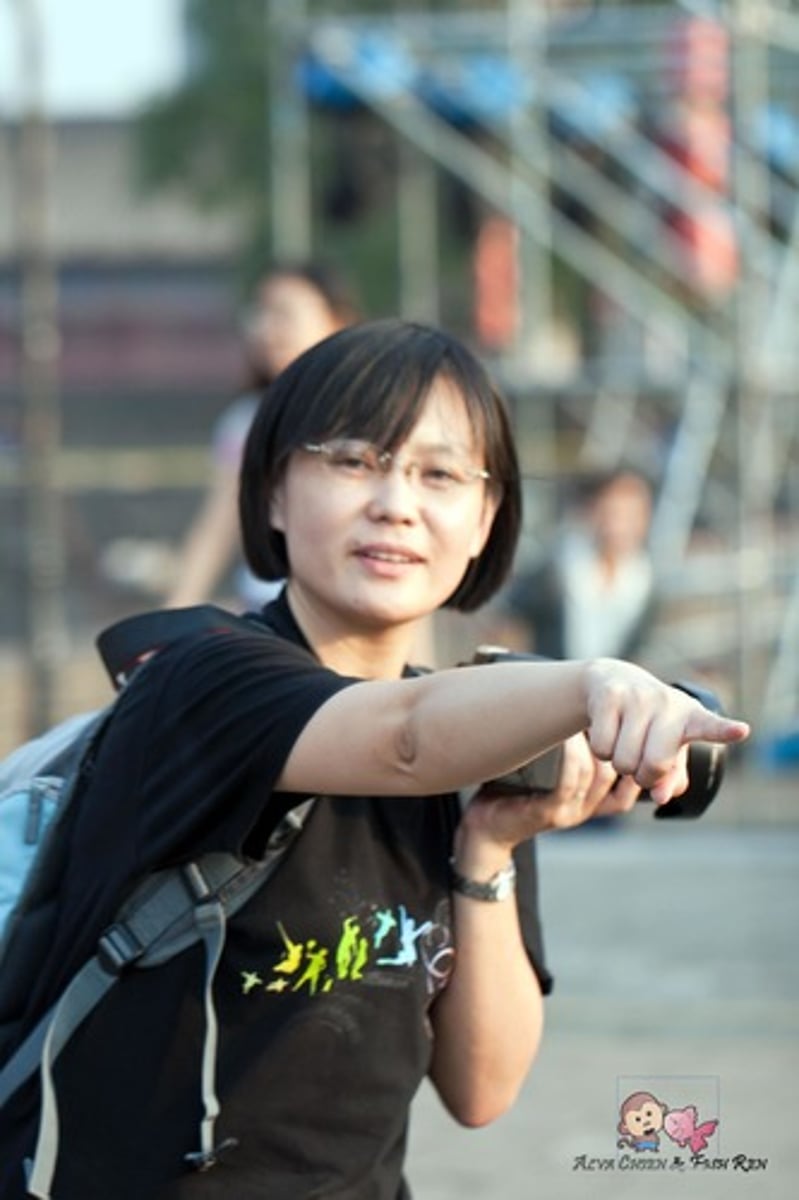
什么
shénme (what)

中国
Zhōngguó (China)
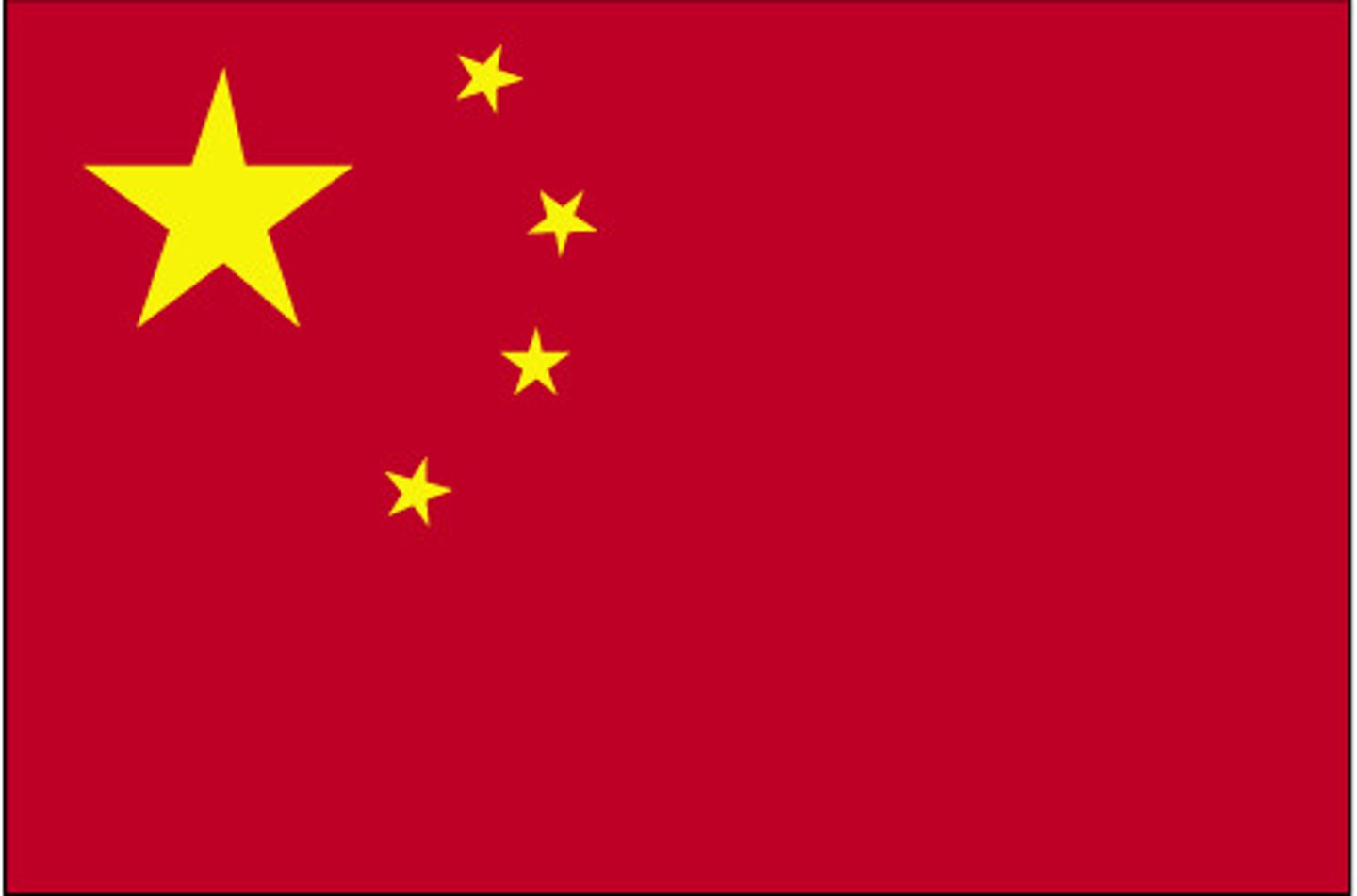
加拿大
Jiānádà (Canada)
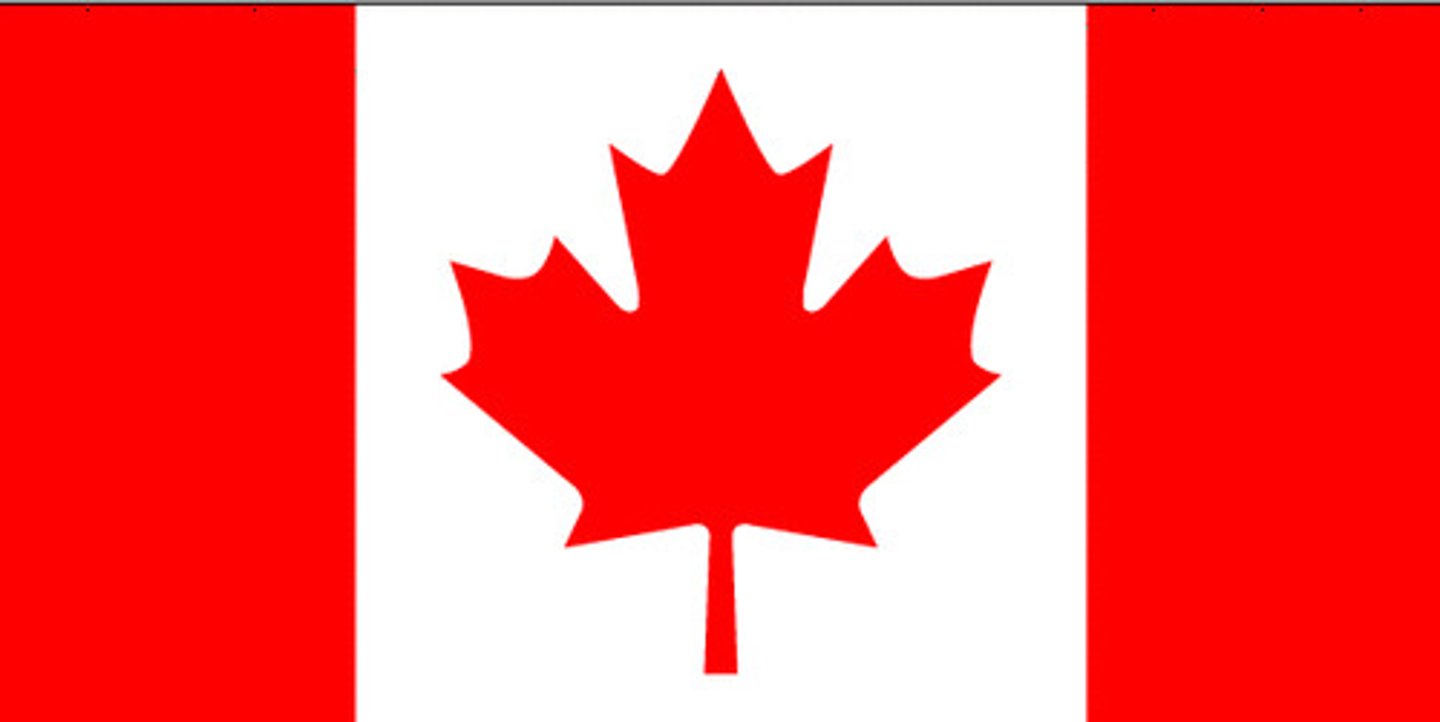
对
duì (right, correct)

一
yī (one)

二
èr (two)
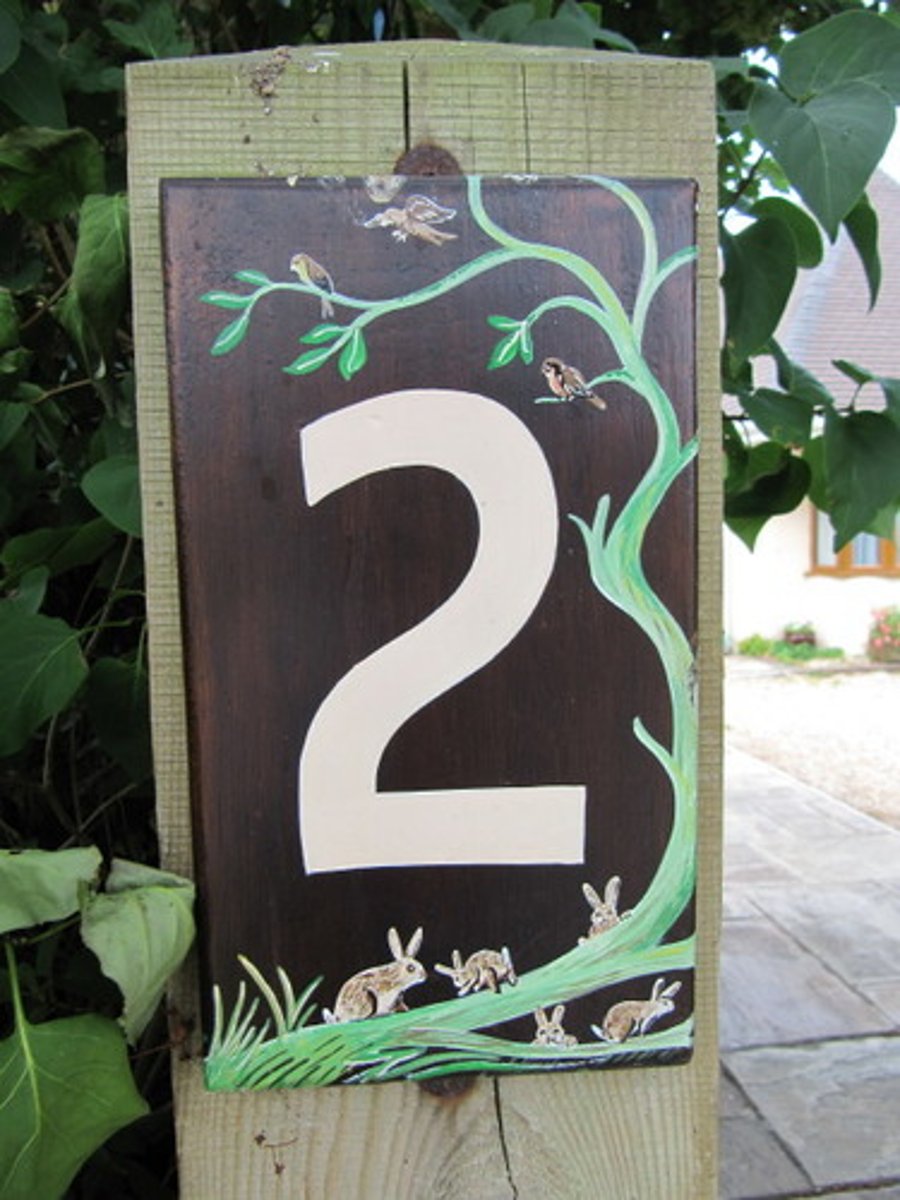
三
sān (three)

四
sì (four)
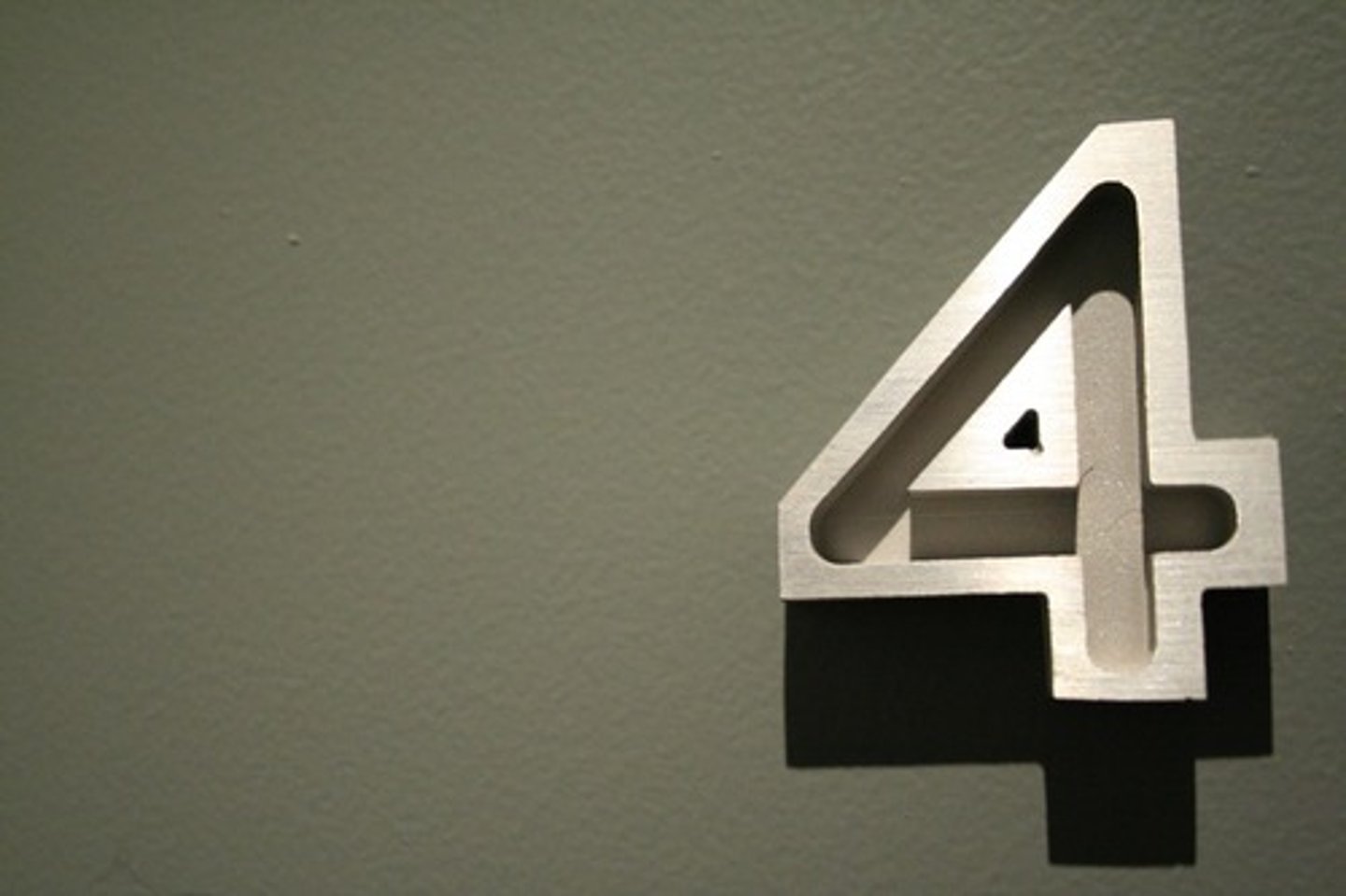
五
wǔ (five)
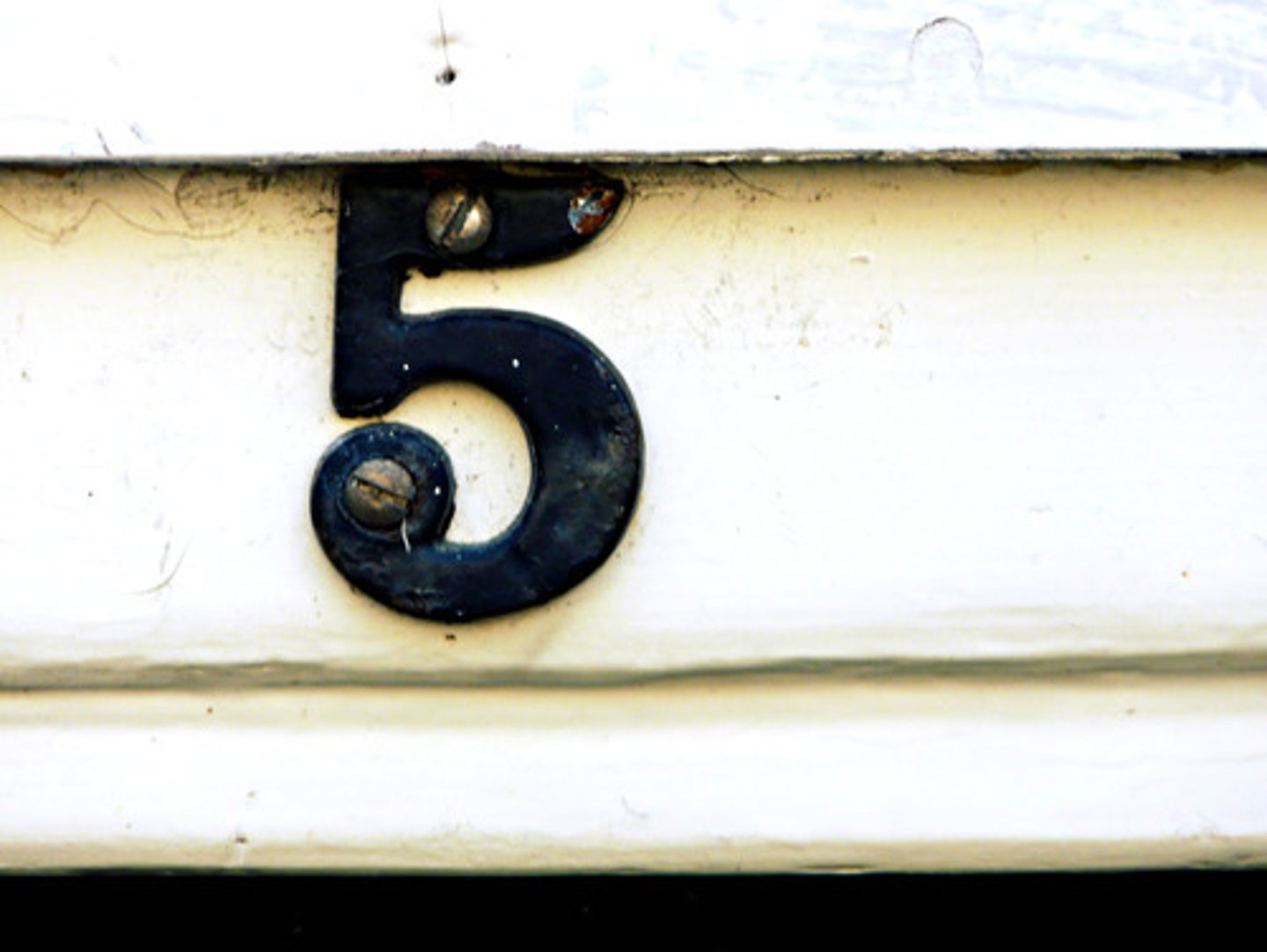
六
liù (six)

七
qī (seven)

八
bā (eight)
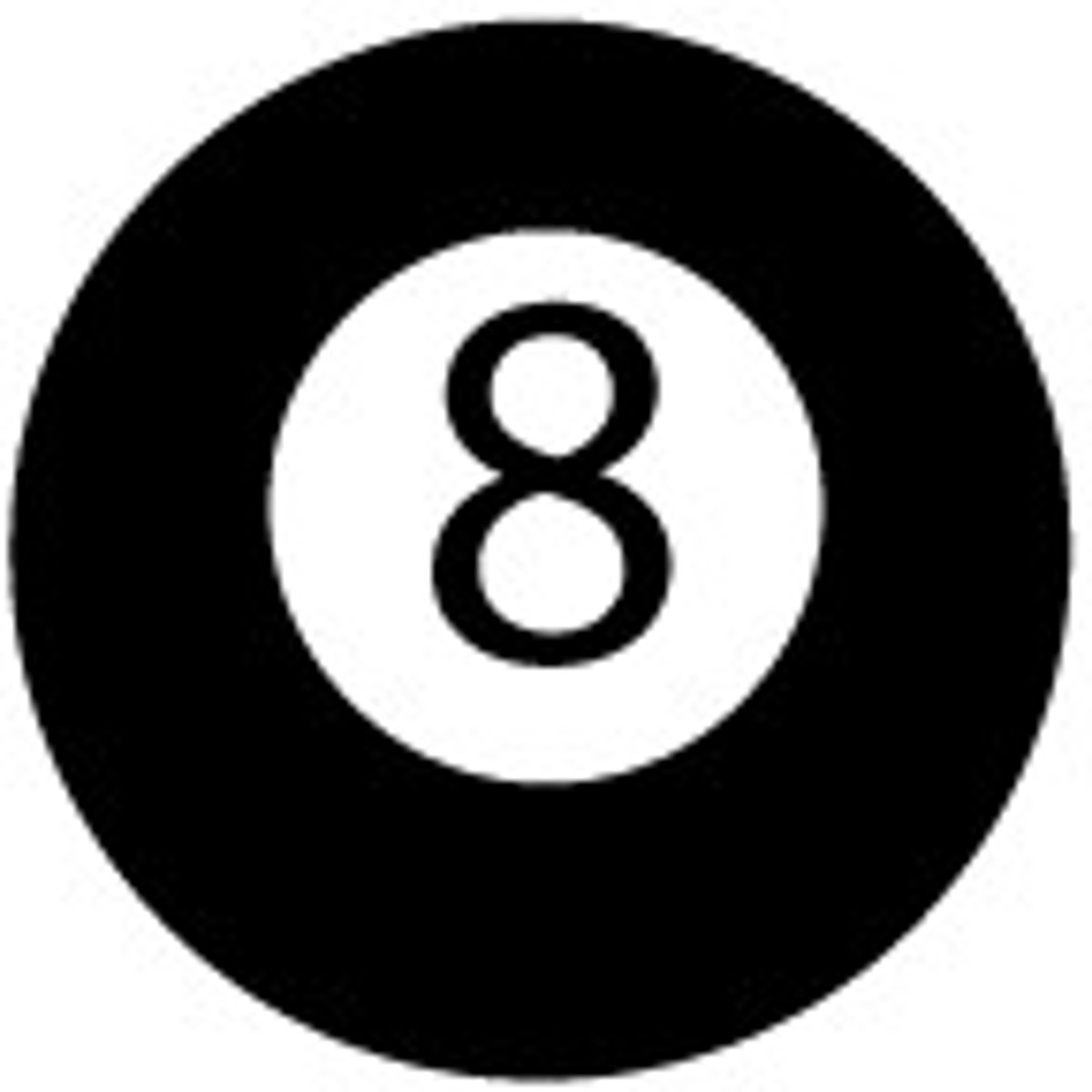
九
jiǔ (nine)
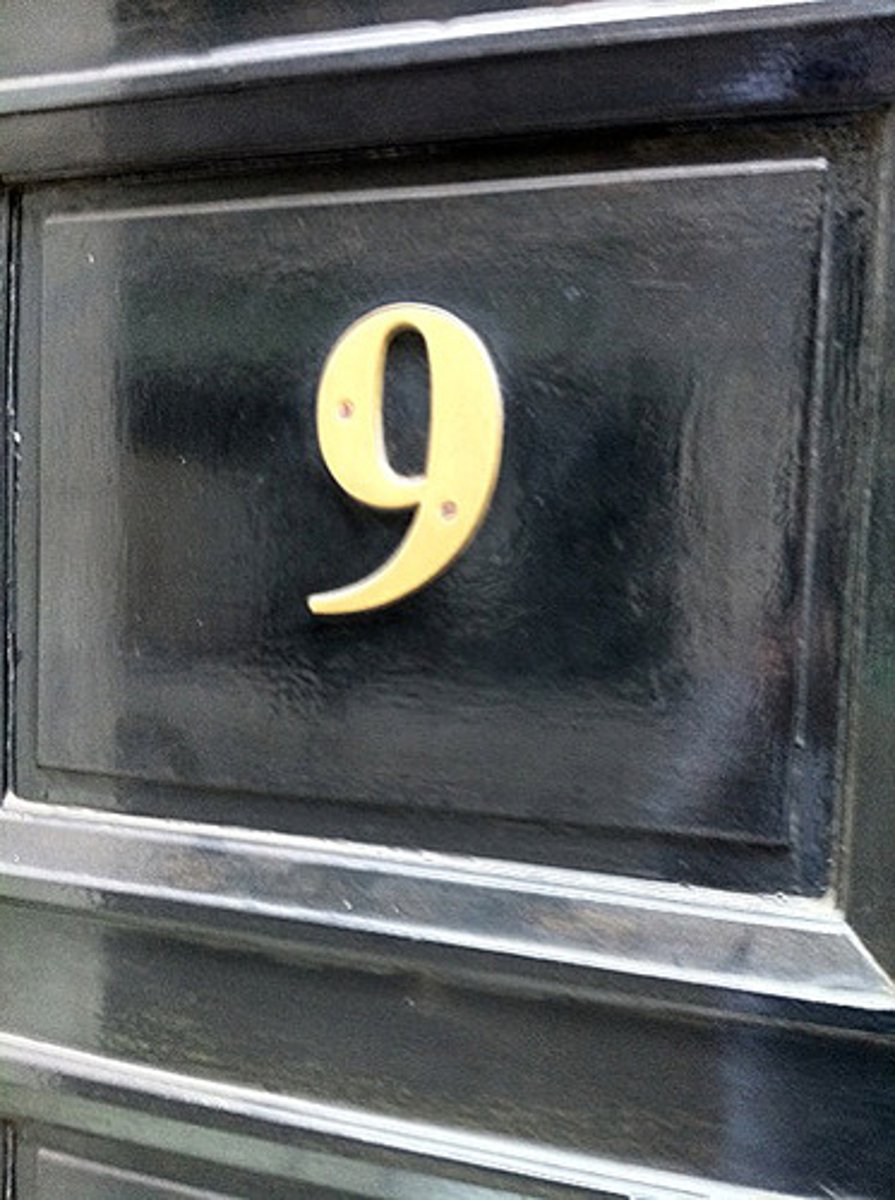
十
shí (ten)

零
líng (zero)
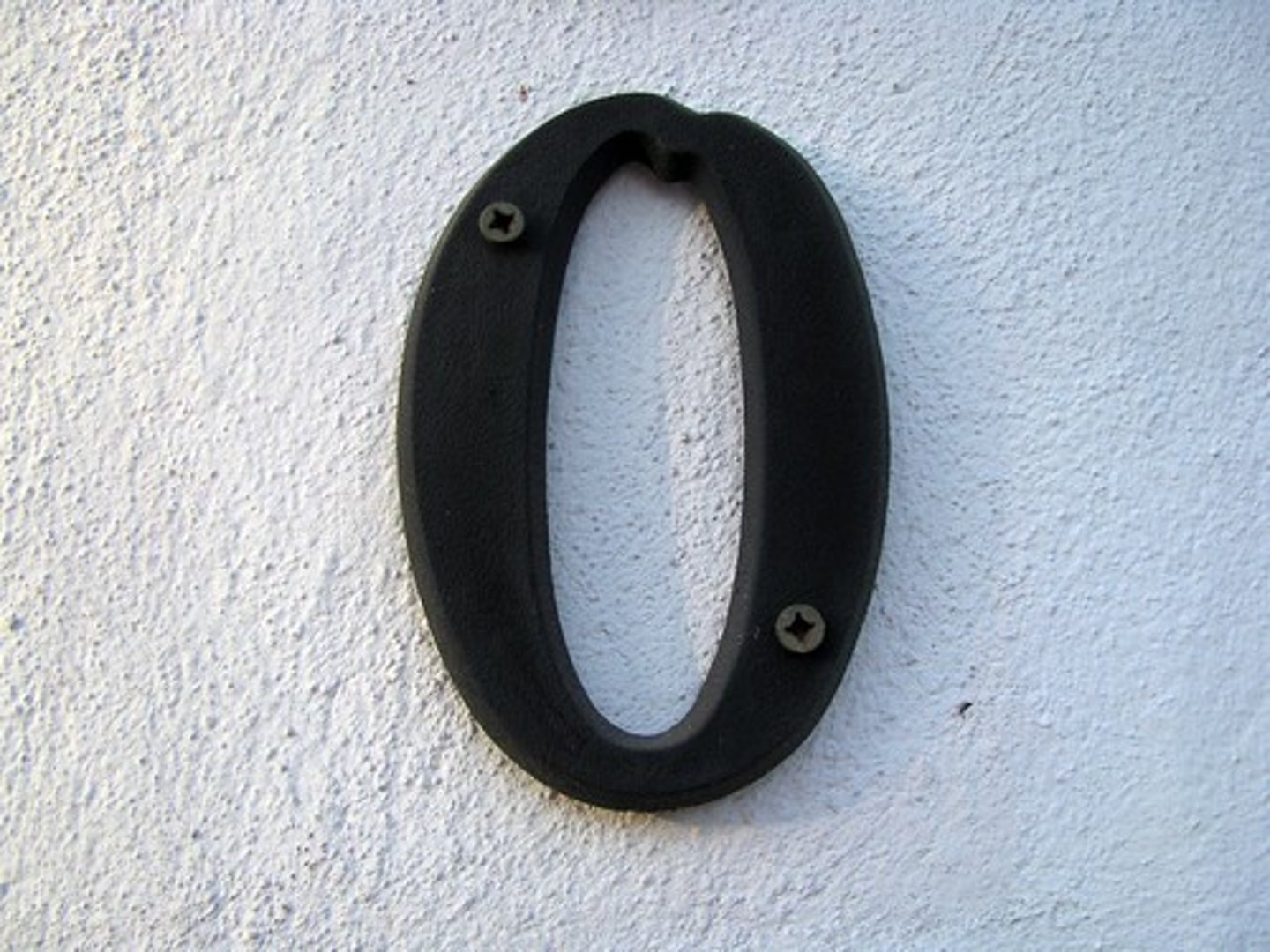
号
hào (number)
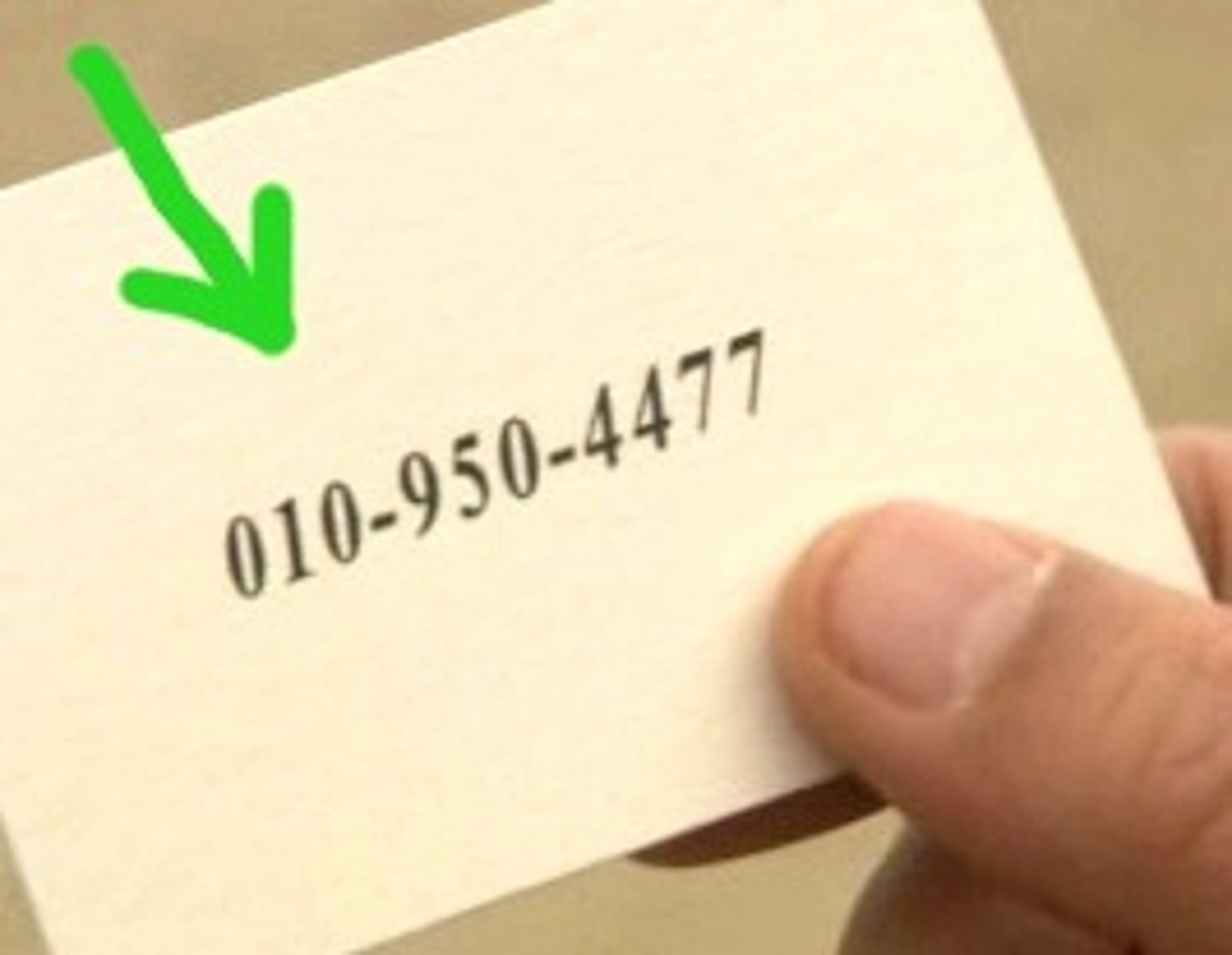
现在
xiànzài (at present, now)

住
zhù (to live at)
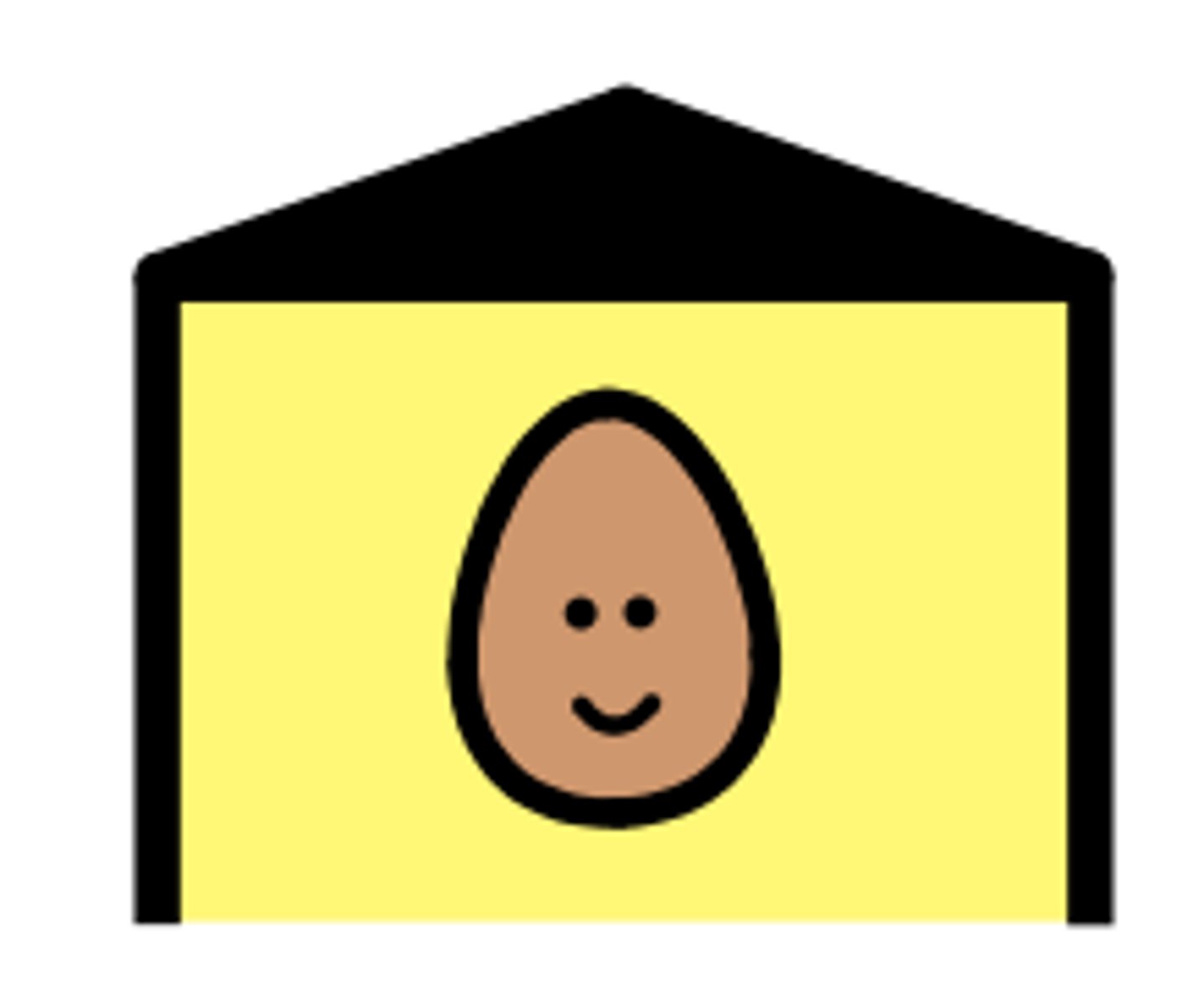
回
huí (to return)
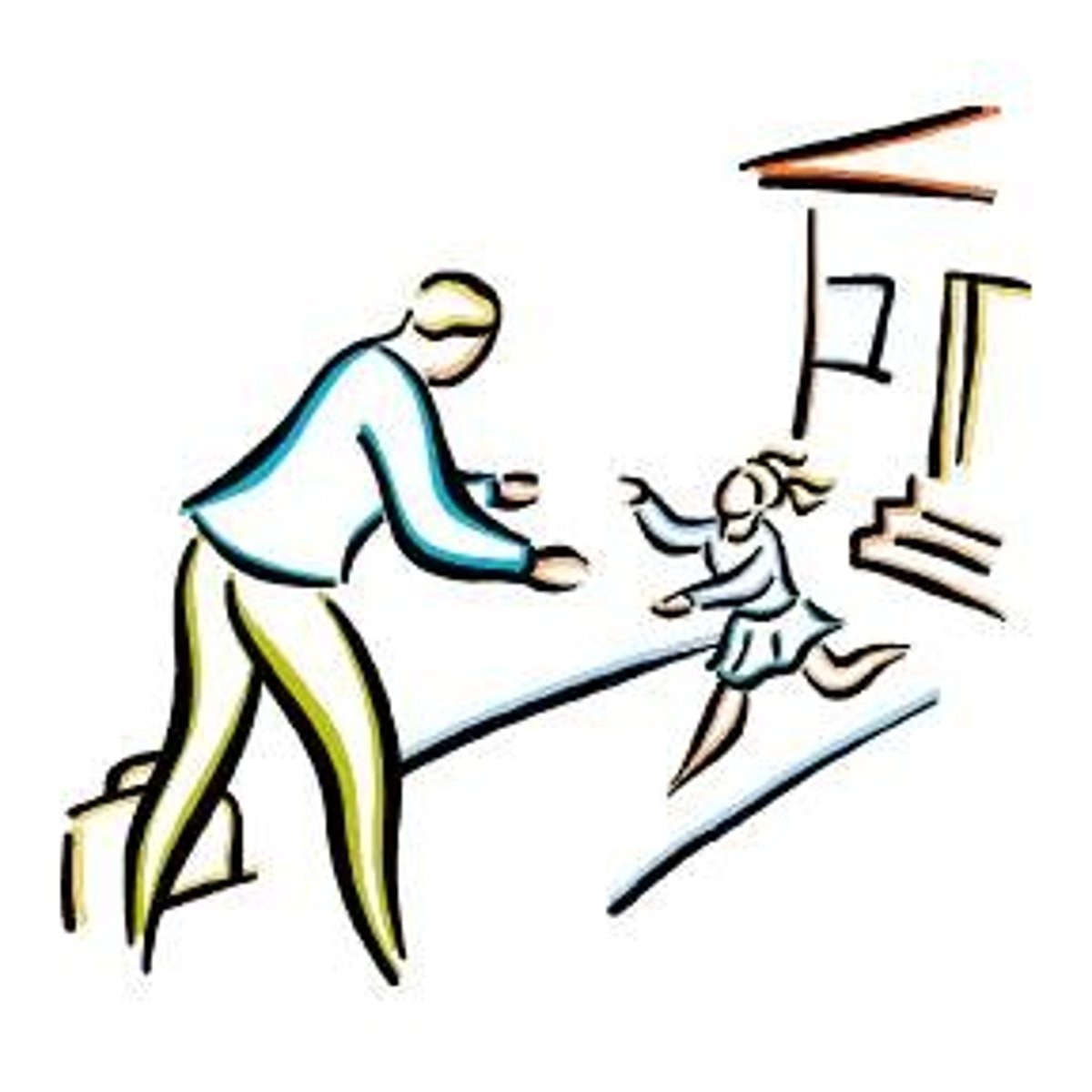
市
shì (city)

东
dōng (east)
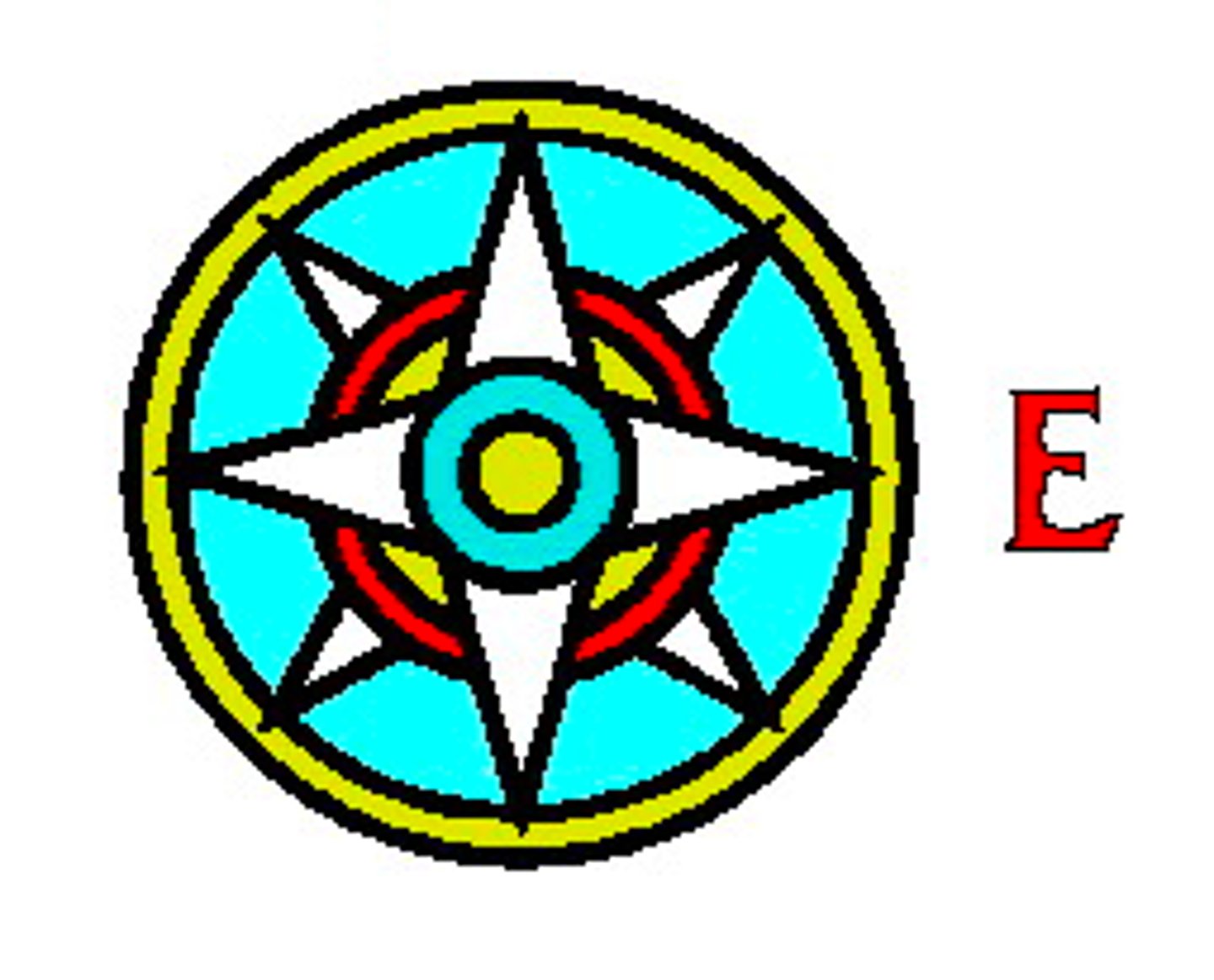
西
xī (west)
街
jiē (street, avenue)
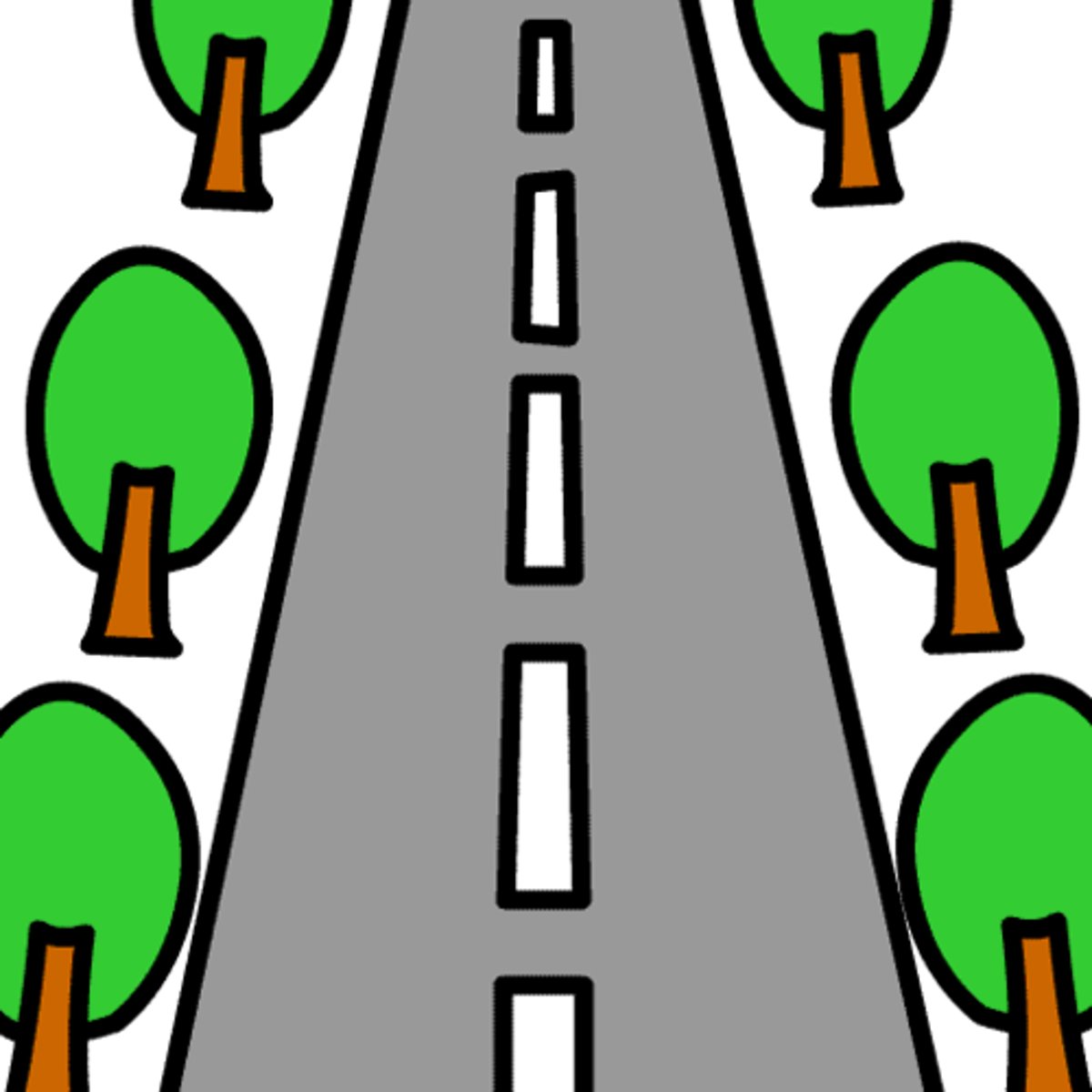
层
céng (floors, levels, layers)
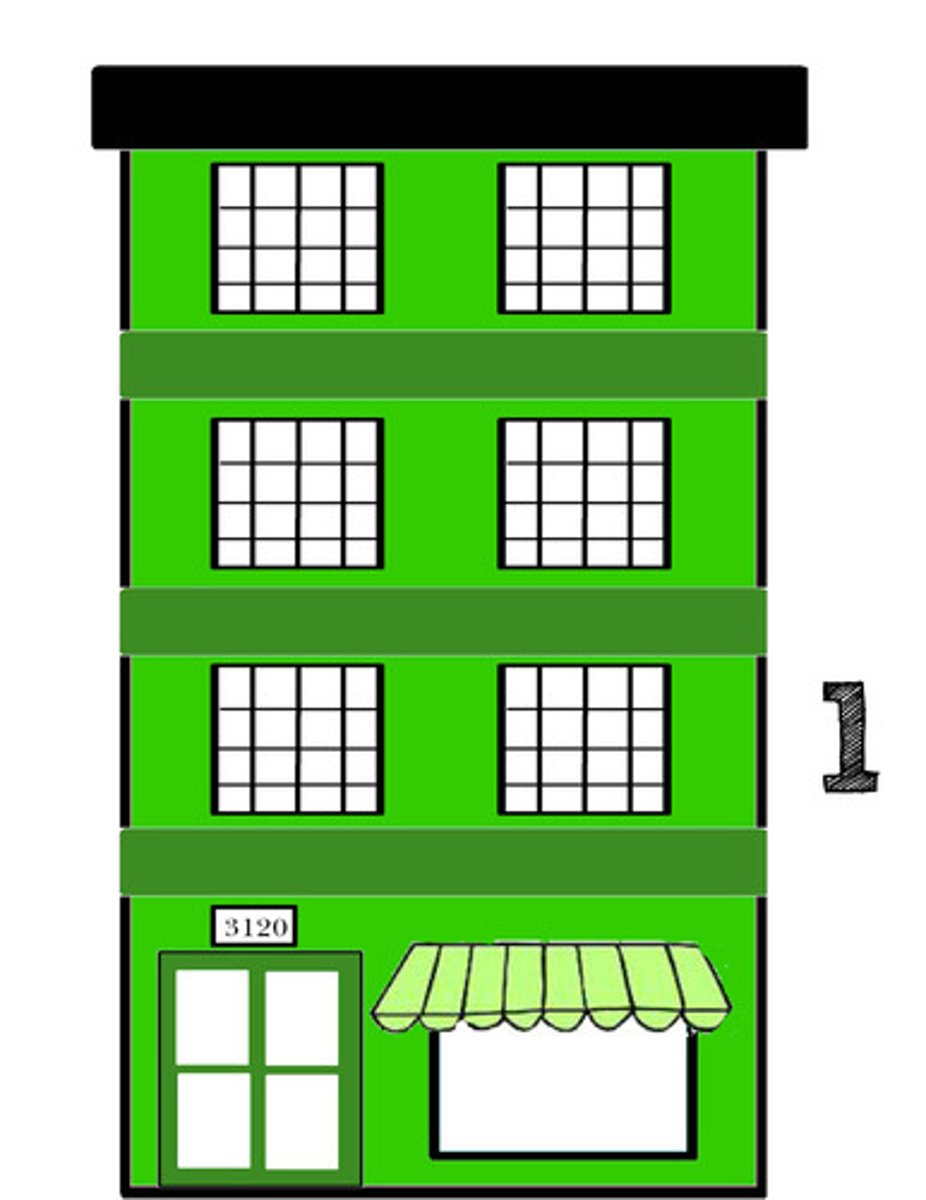
室
shì (room, suite, unit)
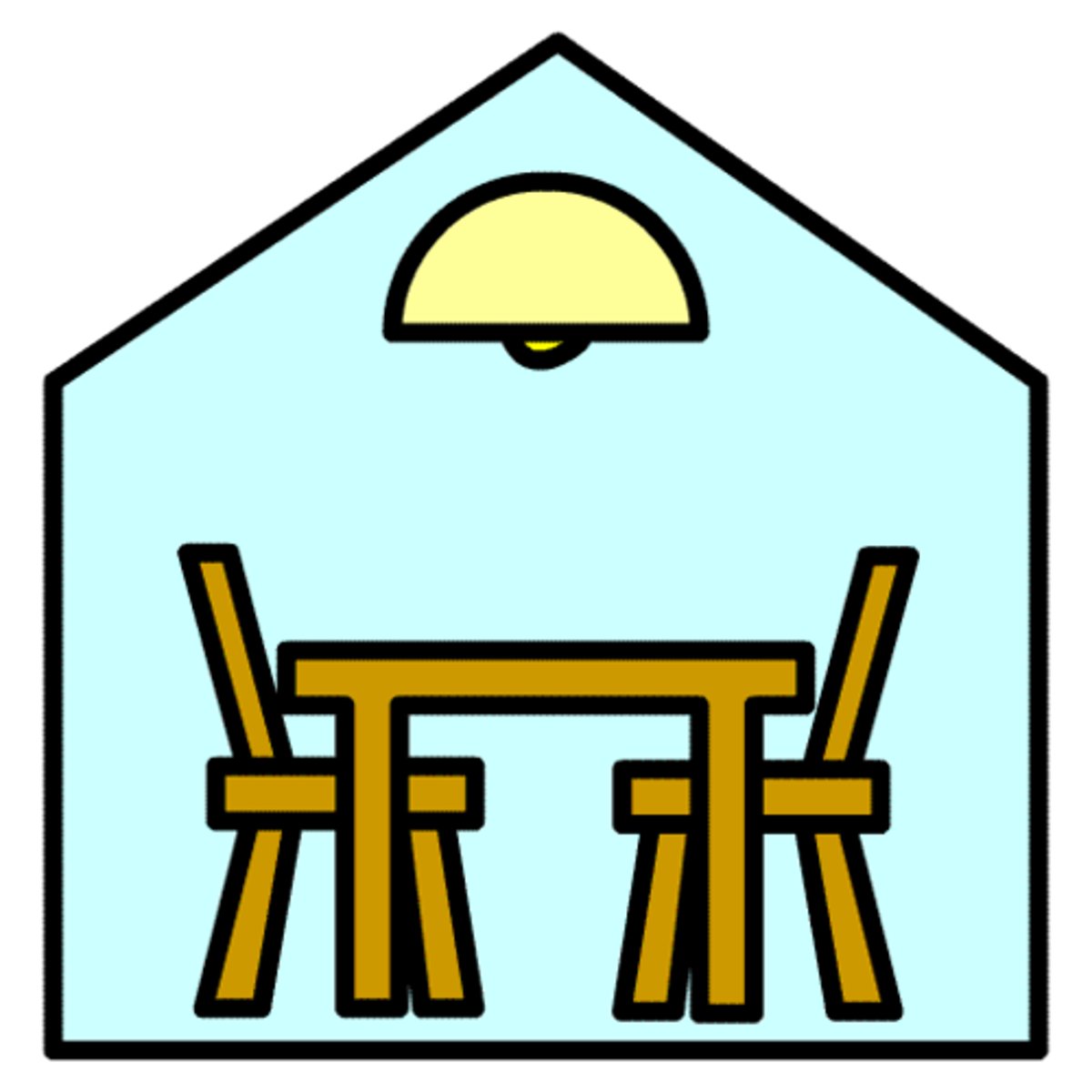
再见
zàijiàn (to meet again)

两
liǎng (two - to be used with measure words)
有
yǒu (to have)
没有
méiyǒu (to not have)
几
jǐ (how many, a few)
个
gè (measure word)
哥哥
gēge (elder brother)
弟弟
dìdi (younger brother)
兄弟姐妹
xiōngdìjiěmèi (siblings)
英语
Yīngyǔ (English)
电脑
diànnǎo (computer)
多
duō (many, much)
少
shǎo (few, little)
多少
duōshao (how many)
知道
zhīdao (to know something)
请
qǐng (please, to invite, to ask)

问
wèn (to ask)
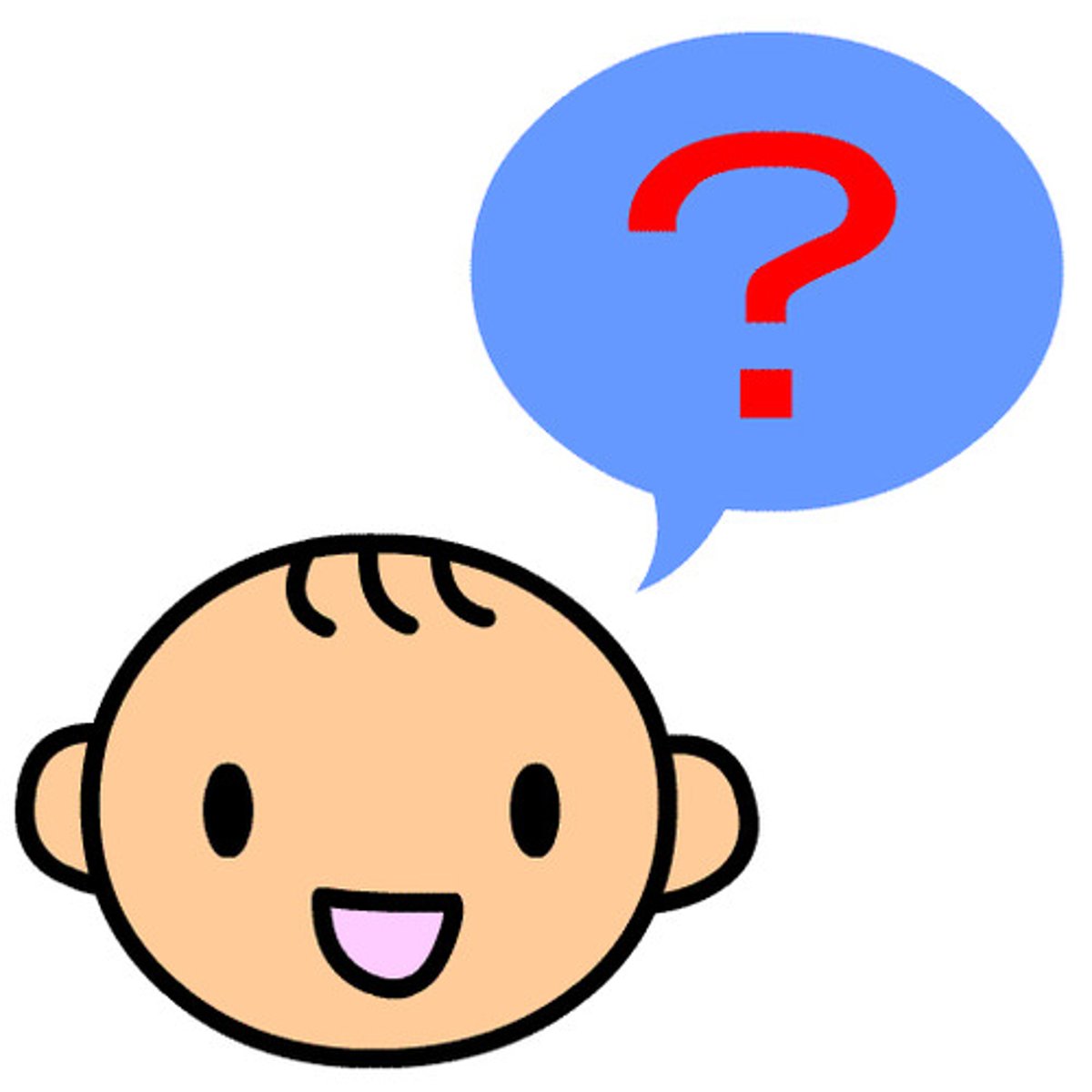
怎么
zěnme (how to, how come?)

说
shuō (to say, to speak)
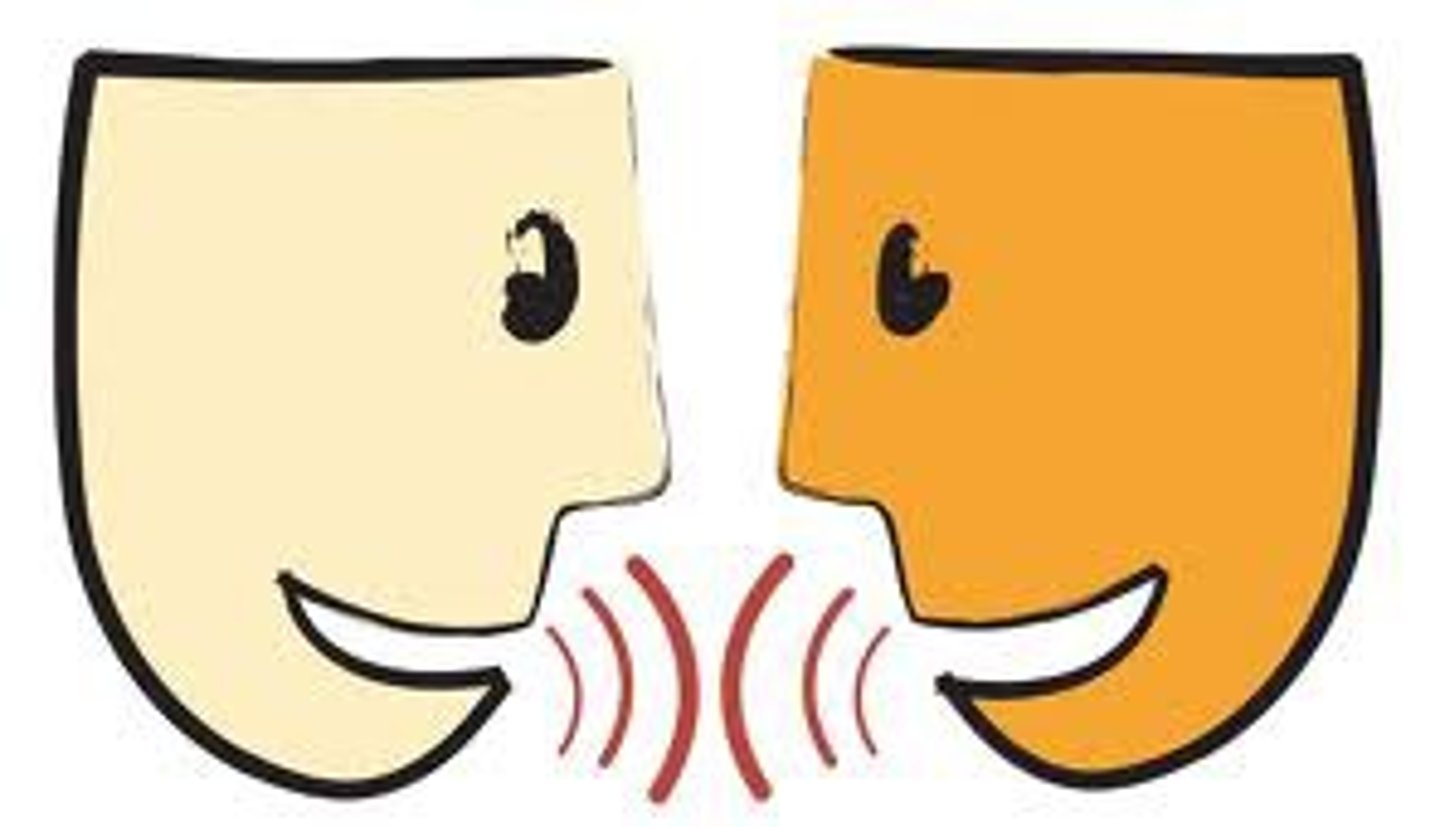
再
zài (again)
遍
biàn (number of times)
